Featured Content
-

Exploring the Science of Cocreating Relationships
Two professors and social psychologists studying romantic relationships have set out on a new venture—creating a podcast for undergraduate students and the broader public focused on analyzing romantic films.
-

Embracing Autism as a Difference, Not a Deficit
Autistic people face unique sensory and social challenges throughout their daily lives, but embracing autism as both a disability and a valuable source of neurodiversity could help create a more inclusive society.
-

From “Hot” and “Cold” Cognition to New Directions in Cognitive Science
In her first column, APS President Randi Martin makes the case for collaborative research that cuts across research areas.
-

Making Sense of Moral Hypocrisy
Everyone wants to believe they have an unshakeable moral compass, but our perception of morality is often guided by thoughts and theories that reinforce existing biases.
-
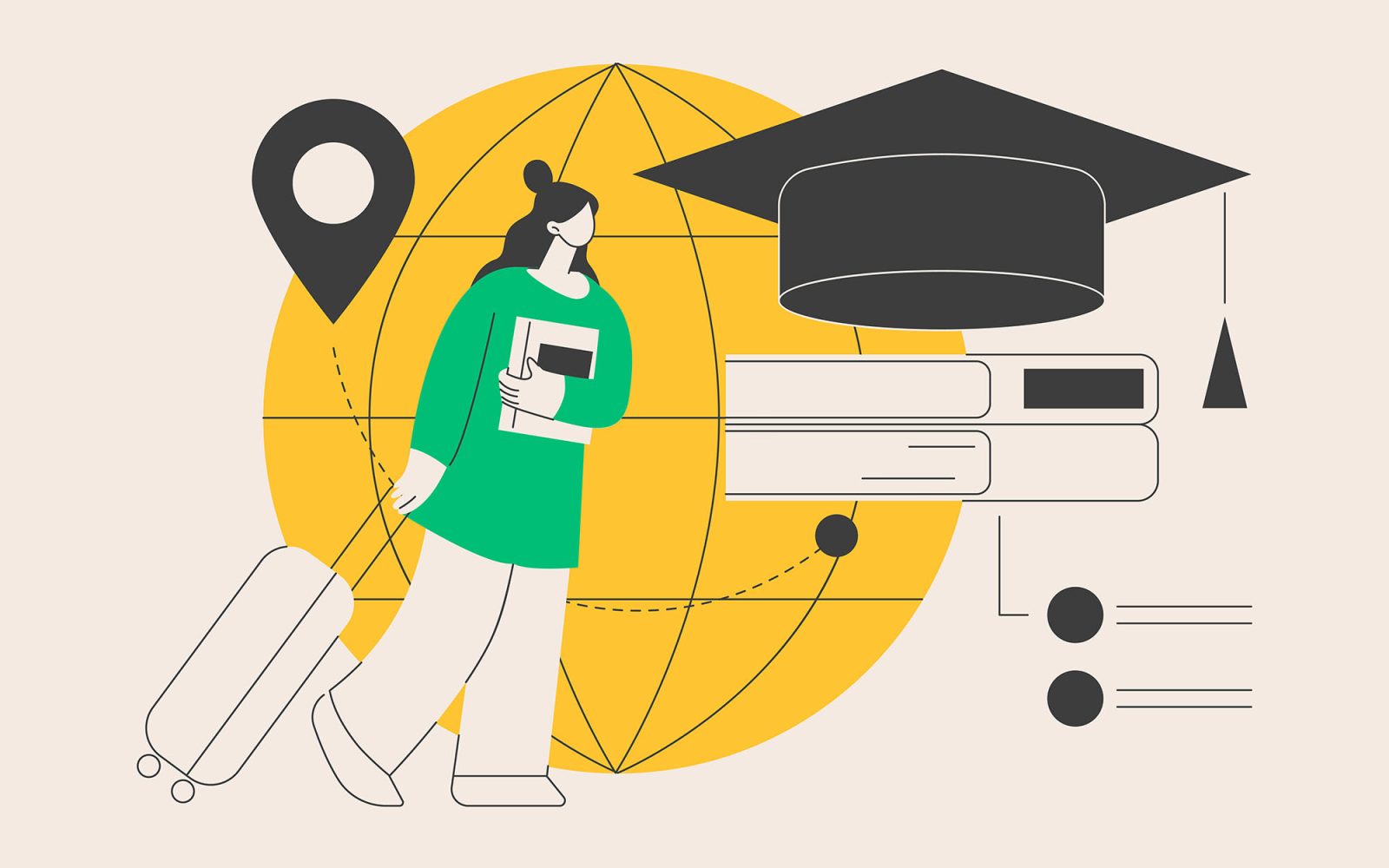
Student Notebook: Applying for Research Funding as a Female International Student in Psychology
Fourth-year PhD student Shiza Shahid provides key steps below that will help international students navigate the application process and increase their chances of success.
-

Unconventional Data Sources Fuel Research Innovations
Researchers are finding new benefits and reserves of participants by accessing data from unconventional sources. These sources can provide much larger and more diverse information than many traditional data sources, but they also come with caveats and ethical standards to be used effectively.
-

What Setting Suits You?
Teaching: The fit between a person and their environment, or PE fit, can provide undergraduates with engaging, concrete examples of nature/nurture dynamics, causal reasoning, and the difference between main effects and interactions.
-
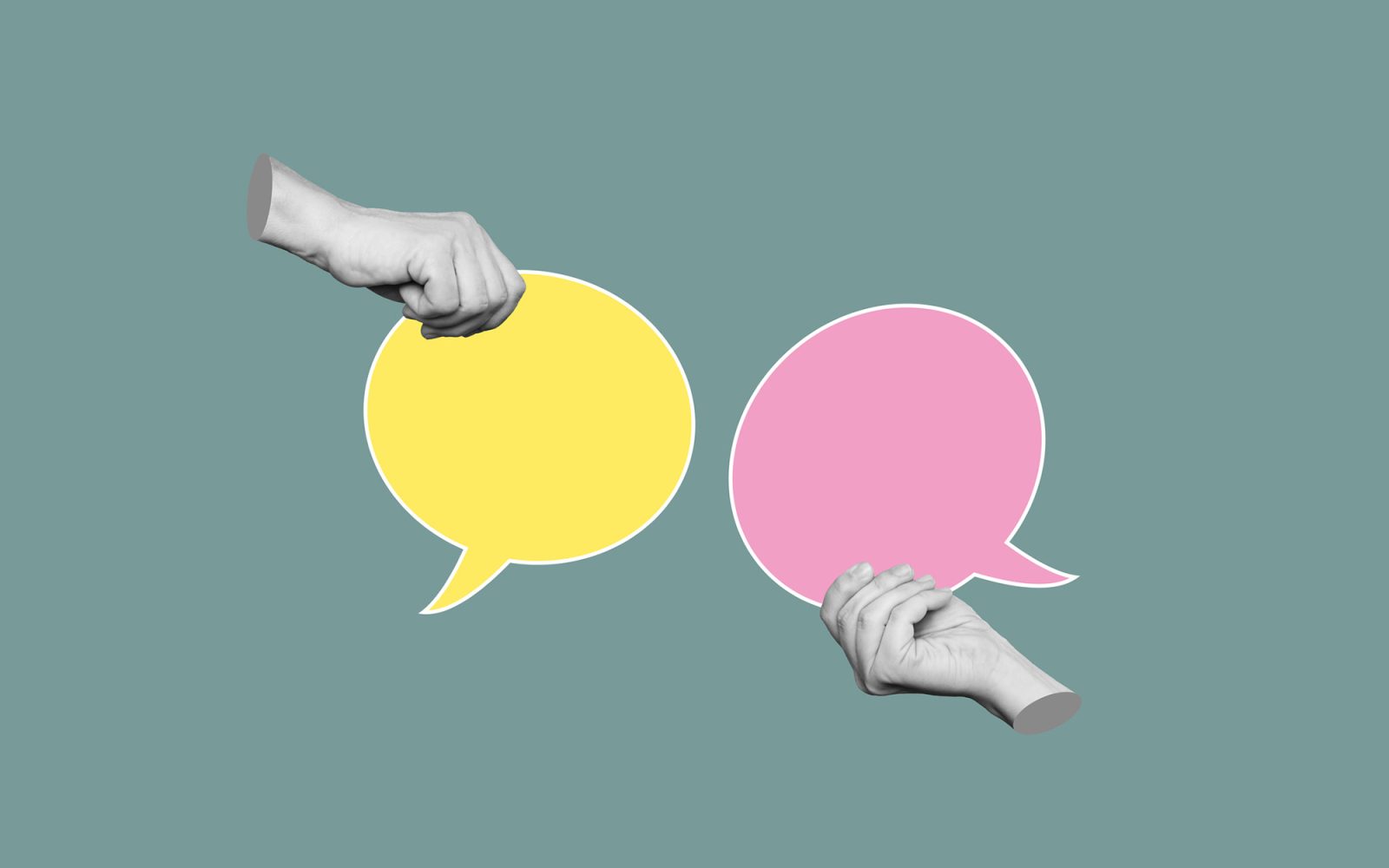
Language and Memory Are in Focus for Latest Cattell Sabbatical Awards
Gary Lupyan, Tracy Riggins, and Elizabeth Schotter are the latest recipients of the Sabbatical Fund Fellowship from the James McKeen Cattell Fund.
-

APS Honors 13 Psychological Scientists With 2025 Lifetime Achievement Awards
Trailblazers in the study of resilience, working memory, burnout, and diversity are among the 13 scientists being honored with 2025 APS Lifetime Achievement Awards.
-

The Paradox of Achieving Social Embeddedness Through Nonsocial Activities
Teaching: This lesson plan allows students to explore how humans meet social needs through nonsocial behaviors.
-

Elika Bergelson’s Quest Into Infants’ Language Development
Elika Bergelson, an associate developmental psychology professor at Harvard University, is known for her work on language acquisition, cognitive development, and word learning in infants. Her key research focuses on how infants learn language from the world around them.
-

How Wearable Device Data Can Fuel Digital Interventions
Researchers are using data from wearable devices to deliver digital interventions when people need them most.
-

Journal Collection Examines Psychological Science in Pandemics
In a special Perspectives on Psychological Science collection, researchers discuss how psychological science can help policymakers and the public understand and address the spread of infectious disease while preserving constructive social interactions and learning.
-

Incoming PSPI Editor Colleen Seifert Outlines Her Goals for the Journal
Colleen Seifert aims to expand the range of topics covered in the APS publication.
-

The Pluses and Pitfalls of Online Research
Online platforms like MTurk and Prolific have dramatically broadened scientists’ access to study participants. But are researchers using the tools effectively?
-

Join APS in Celebrating the 2024 APSSC Poster Award Winners
Researchers reflect on their award-winning posters featured at the APS 2024 Annual Convention.
-

Crowding Out Falsehoods
Psychological scientists are harnessing the biases and expertise of imperfect individuals to enhance the wisdom of crowds.
-

Snapshots from San Francisco
-

Derek Avery on Injecting Facts, Not Feelings, Into DEI Debates
The work of this APS Fellow is showing how fairness and inclusion can actually bolster organizational performance.
-

A Tribute to Daniel Kahneman
APS Fellow Elke Weber offers a special tribute to the Nobel laureate who pioneered the field of behavioral economics.
-

How an Active Imagination Can Justify Moral Inconsistencies
Teaching: A classroom activity helps students understand how people stray from their moral values and beliefs.
-

What Students Need to Know About Names: When the Need to Belong Backfires
Teaching: A scenario exercise can help students understand wind the psychological costs that people from marginalized groups suffer when they change their names to fit in.
-

The Oldest Living Land Animal Teaches a Master Class in Pavlovian Conditioning
Longevity is not the only reason why we should find Jonathan the tortoise to be of special interest. He’s confirming what Pavlov said about conditioning a century ago: It isn’t just about salivation!
-

Visual Memory Distortions Paint a Picture of the Past That Never Was
Basic research on our imperfect visual memories is bringing to light how and why we may misremember what we have seen.
-

How an Aging Population is Affecting Caregivers
In this May 15 webinar, three psychological researchers shared some of the latest research on the relationship between elderly patients and their caregivers, caregiver burnout, and the factors contributing to caregiver turnover at elder care facilities.
-

Tailoring Evidence-Based Treatment to the Person, Not the Diagnosis
Research is showing how evidence-based treatments might be molded to the distinct needs of individual patients.
-
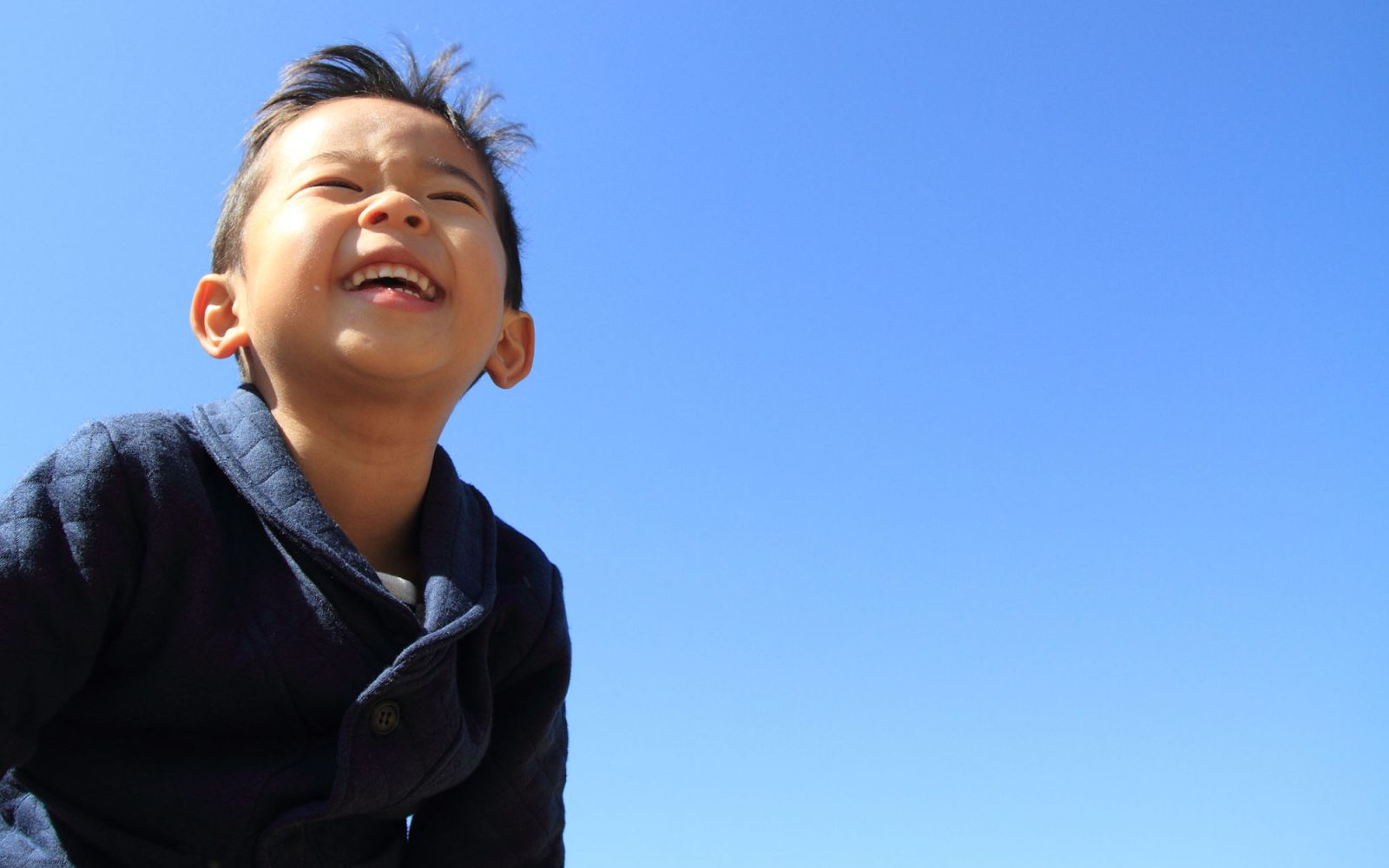
Scientists Look Beyond the WEIRD World of Happiness
Psychological scientists once equated happiness with well-being, but recent research suggests that there is significant cultural variation in the ingredients of a good life.
-
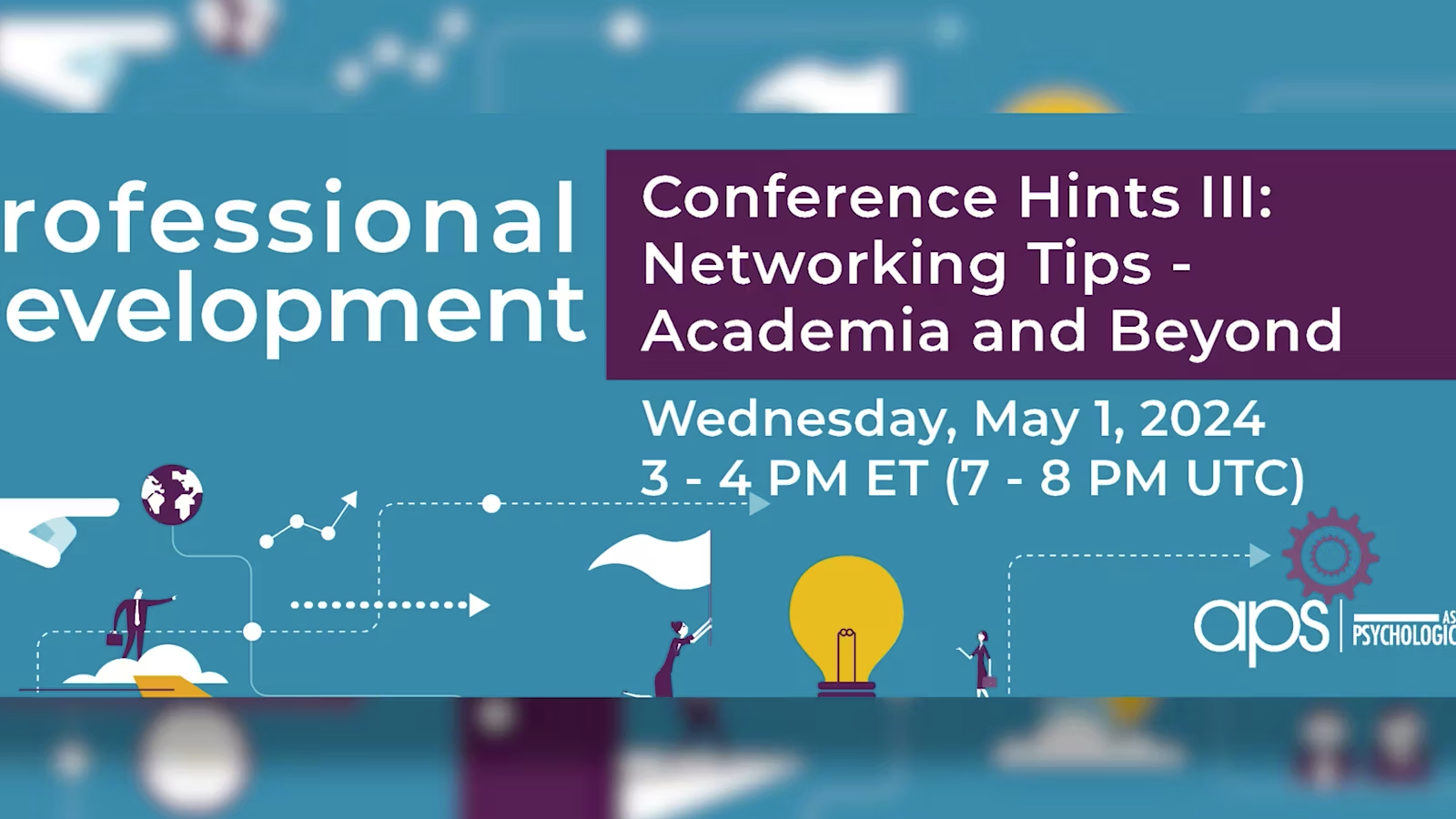
Networking Inside and Outside the Academy
In an APS Professional Development webinar, five psychological scientists shared their own experiences and advice on expanding your relationships not only in academic circles, but in industry as well.
-
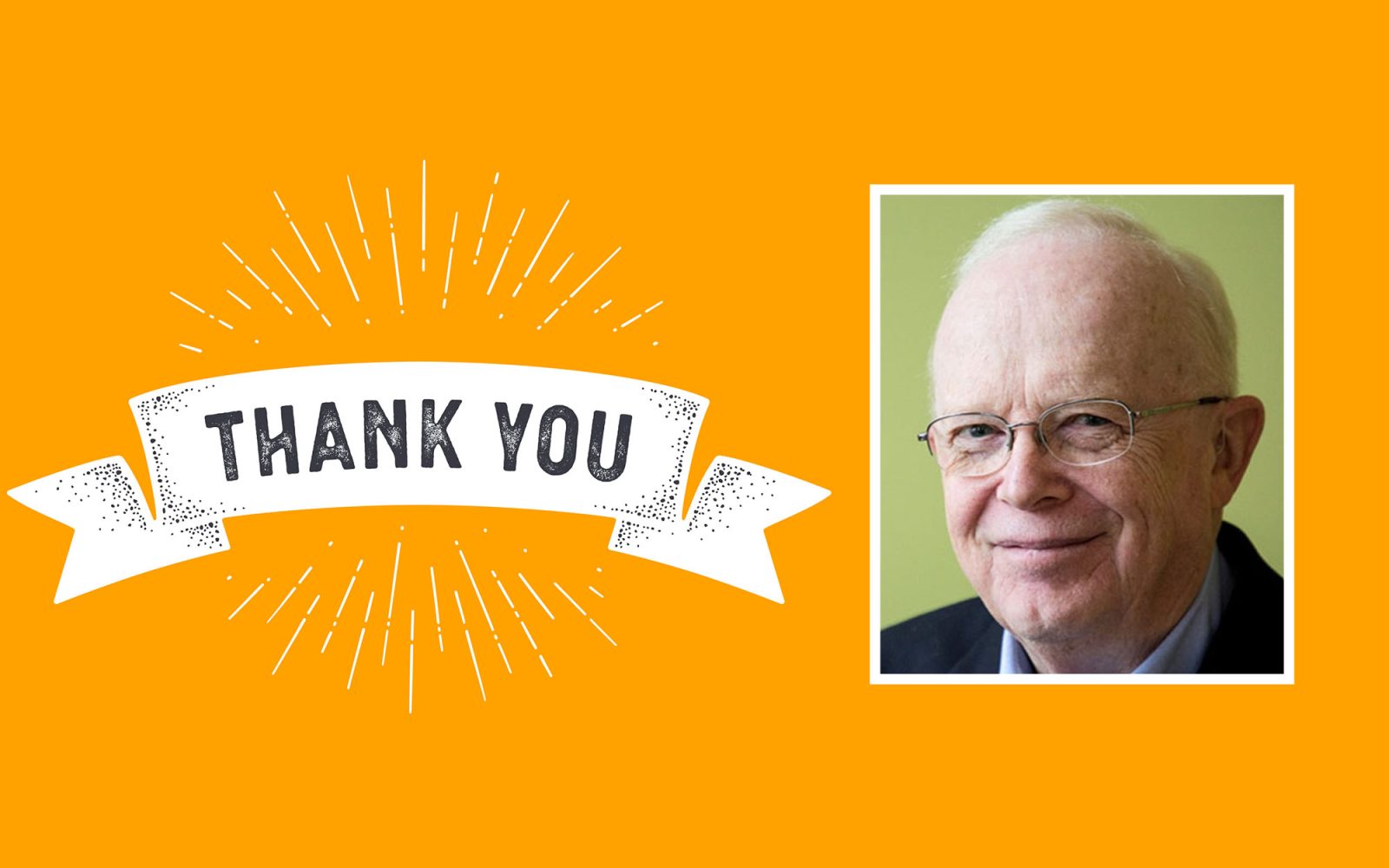
Reflecting on More than a Decade of Teaching Current Directions: Some Greatest Hits and Thanks to David Myers
Nathan DeWall and other Teaching Current Directions contributors express their gratitude for social psychologist David G. Myers and his lifelong commitment to psychological science.
-

Making a Career Choice: Follow in Your Own Footsteps
In a guest column, APS Fellow Barbara Wanchisen shares observations and ideas on broadening career opportunities for psychological scientists.
-
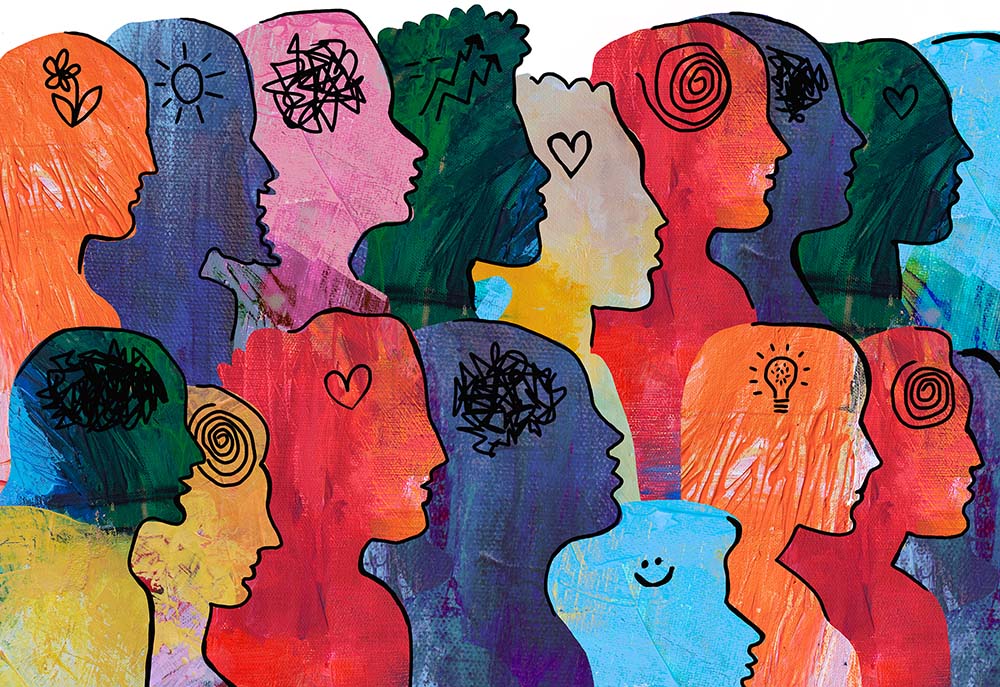
From Resistance to Recovery
Stigma about mental health treatment is a major contributor to the world’s mental health crisis, policy experts say. Psychological research is uncovering strategies that persuade people to seek help.
-

Tess Neal Examines the Nature—and Limits—of Expertise
Can psychological scientists divorce their own opinions and beliefs from their professional work? This APS Fellow’s research aims to answer that question.
-
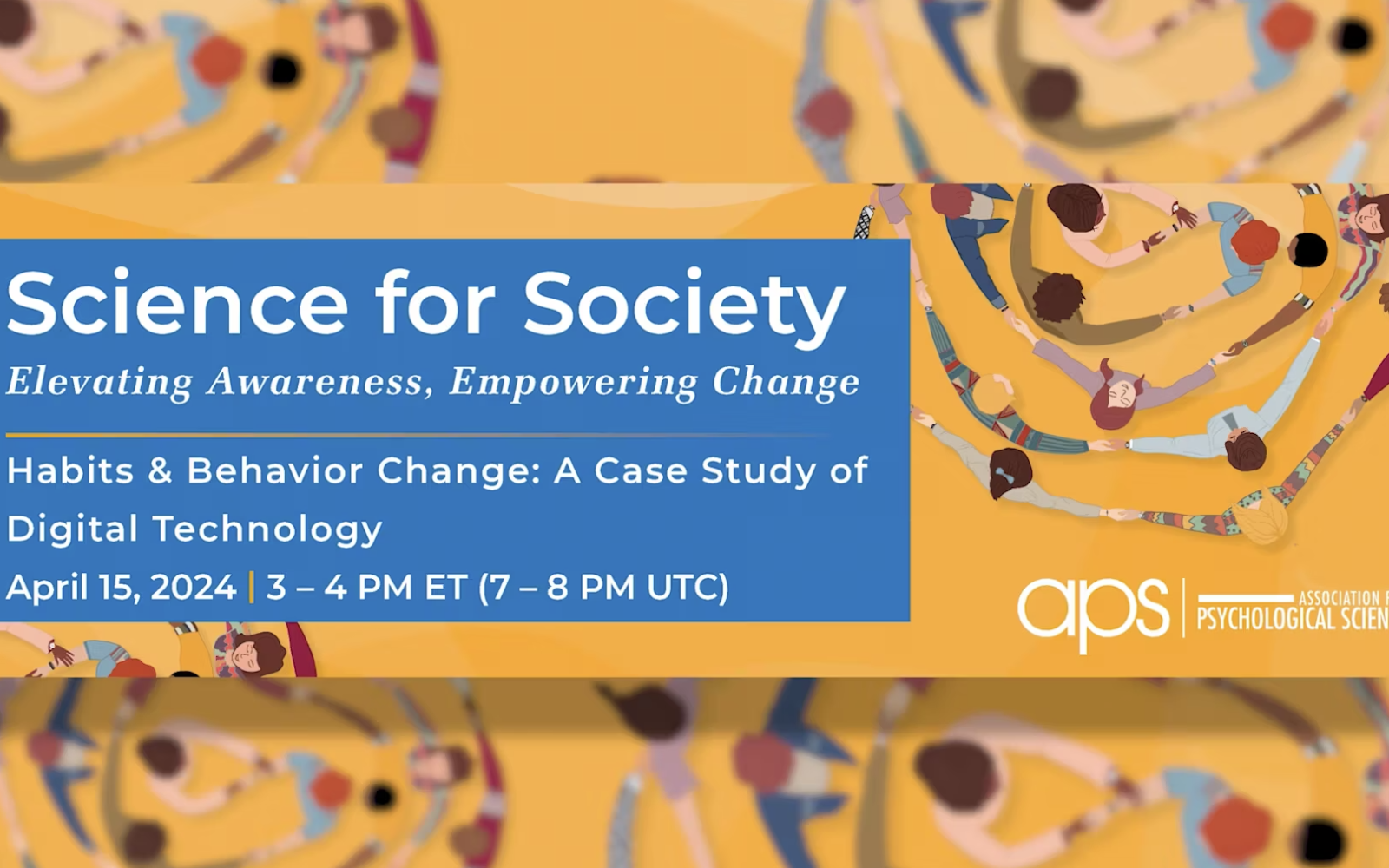
Tackling the Force of Habit
How much of our behavior is habitual? APS President Wendy Wood and her colleagues answered this question on April 16 during “Habits and Behavior Change—A Case Study of Digital Technology,” an APS Science for Society webinar. The webinar is now available for registrants and APS members.
-
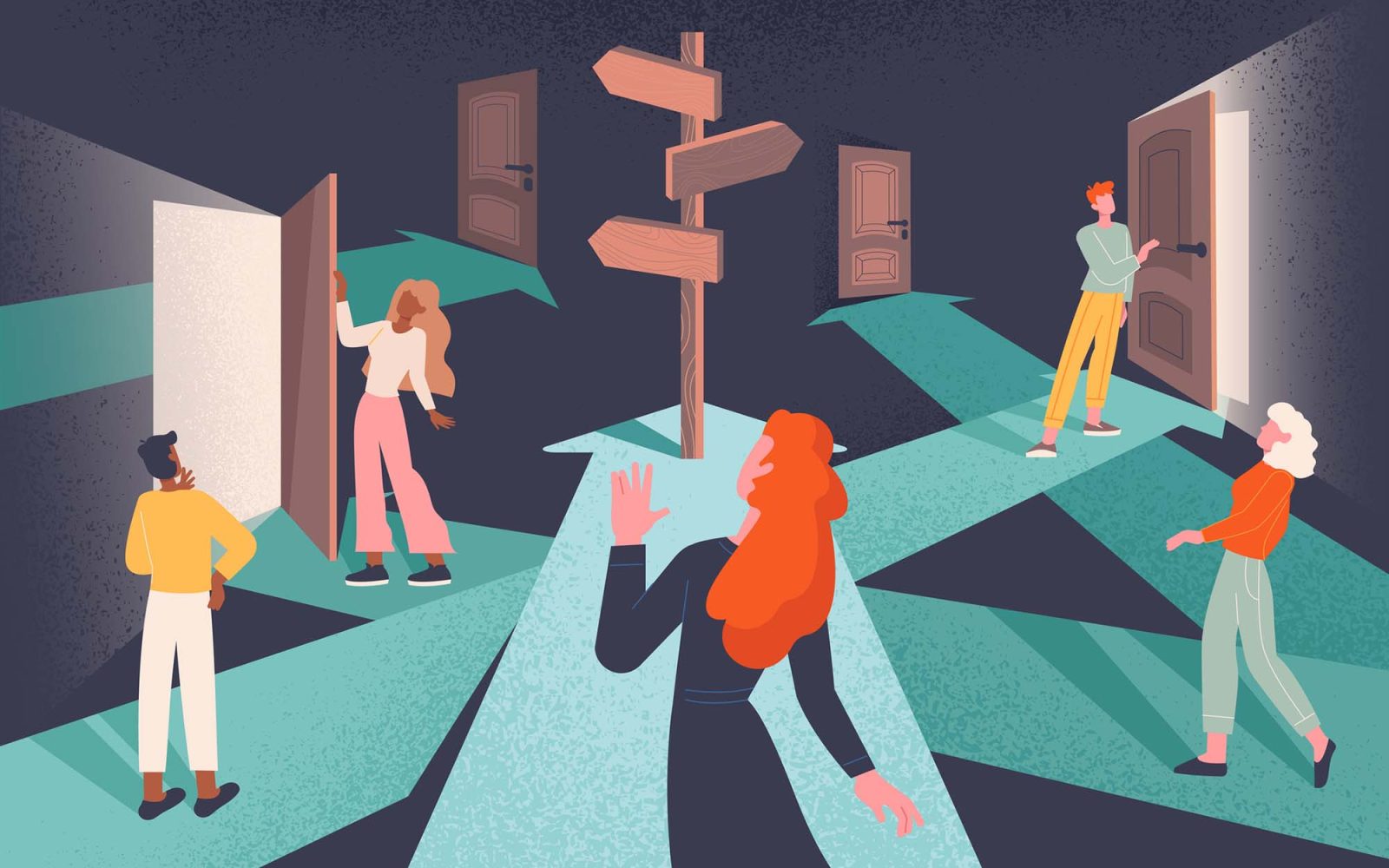
Student Notebook: Finding Your Path in Psychological Science
Feeling unsure or overwhelmed as an early-career psychology student? Second-year graduate student Mariel Barnett shares advice to quell uncertainties.
-

Discerning Discoveries
New research shows why people often read more into a scientific finding than what the data might show.
-
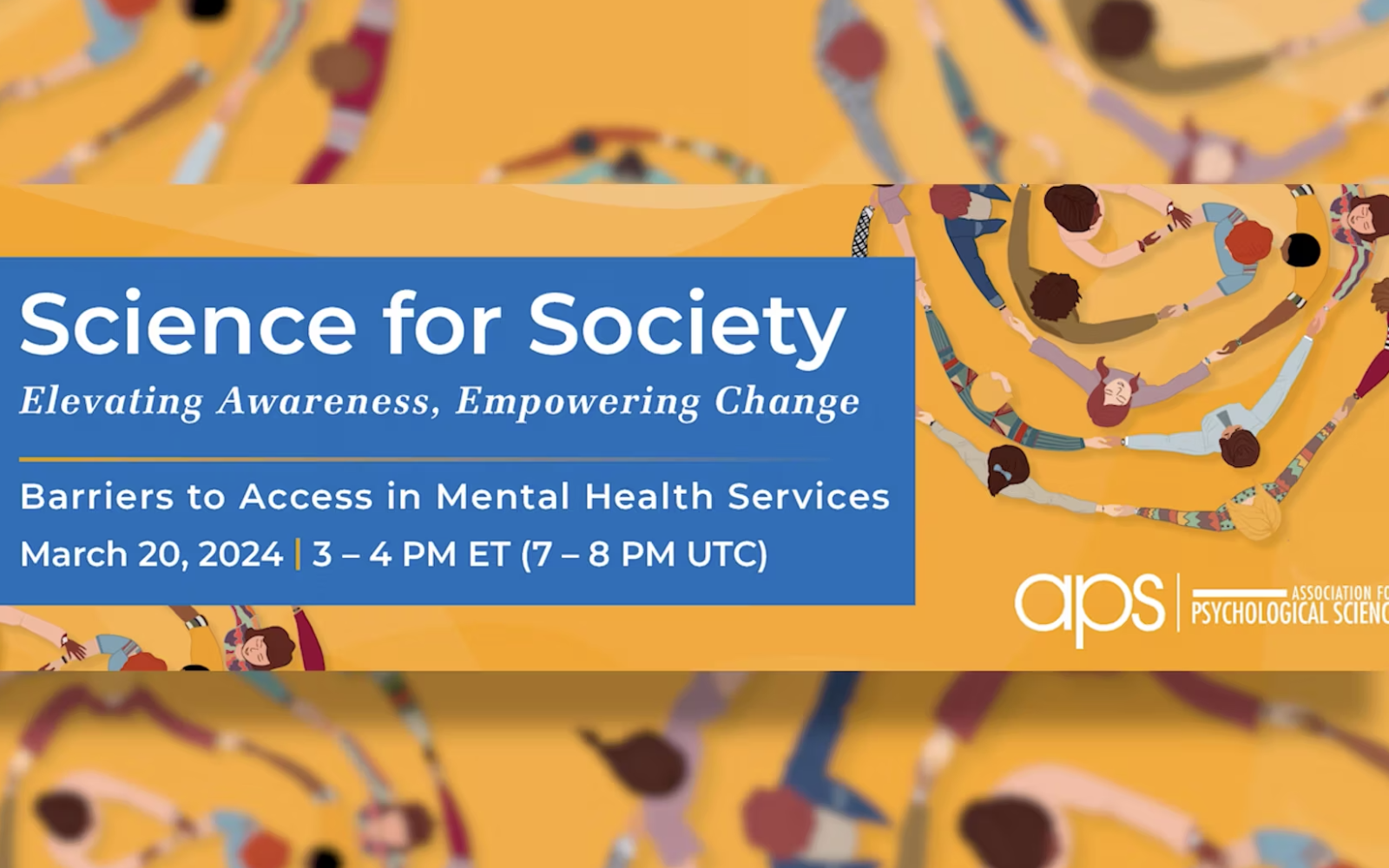
Science Breaks Through the Barricades to Mental Healthcare
Researchers and clinicians are attempting to break down the institutional and social factors that block marginalized populations from receiving mental health services.
-
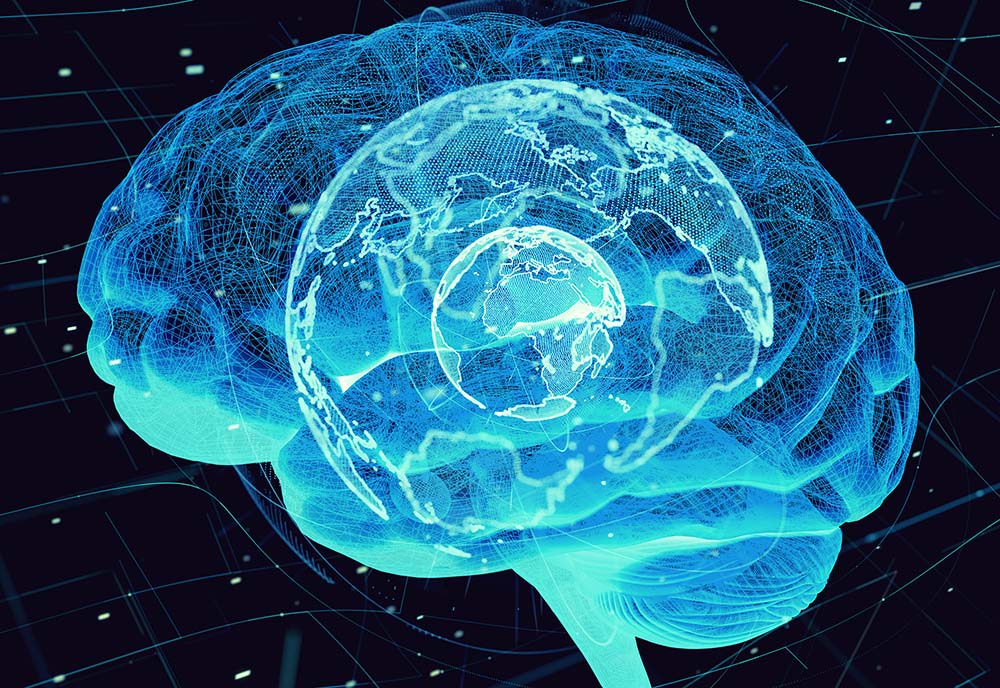
Creating a Global ‘BRIDGE’ for Brain Research Data
The Brain Research International Data Governance & Exchange (BRIDGE) project aims to create a responsible and sustainable governance system for data sharing. Learn how the group is advancing open practices, reproducibility, and psychological science as a whole.
-
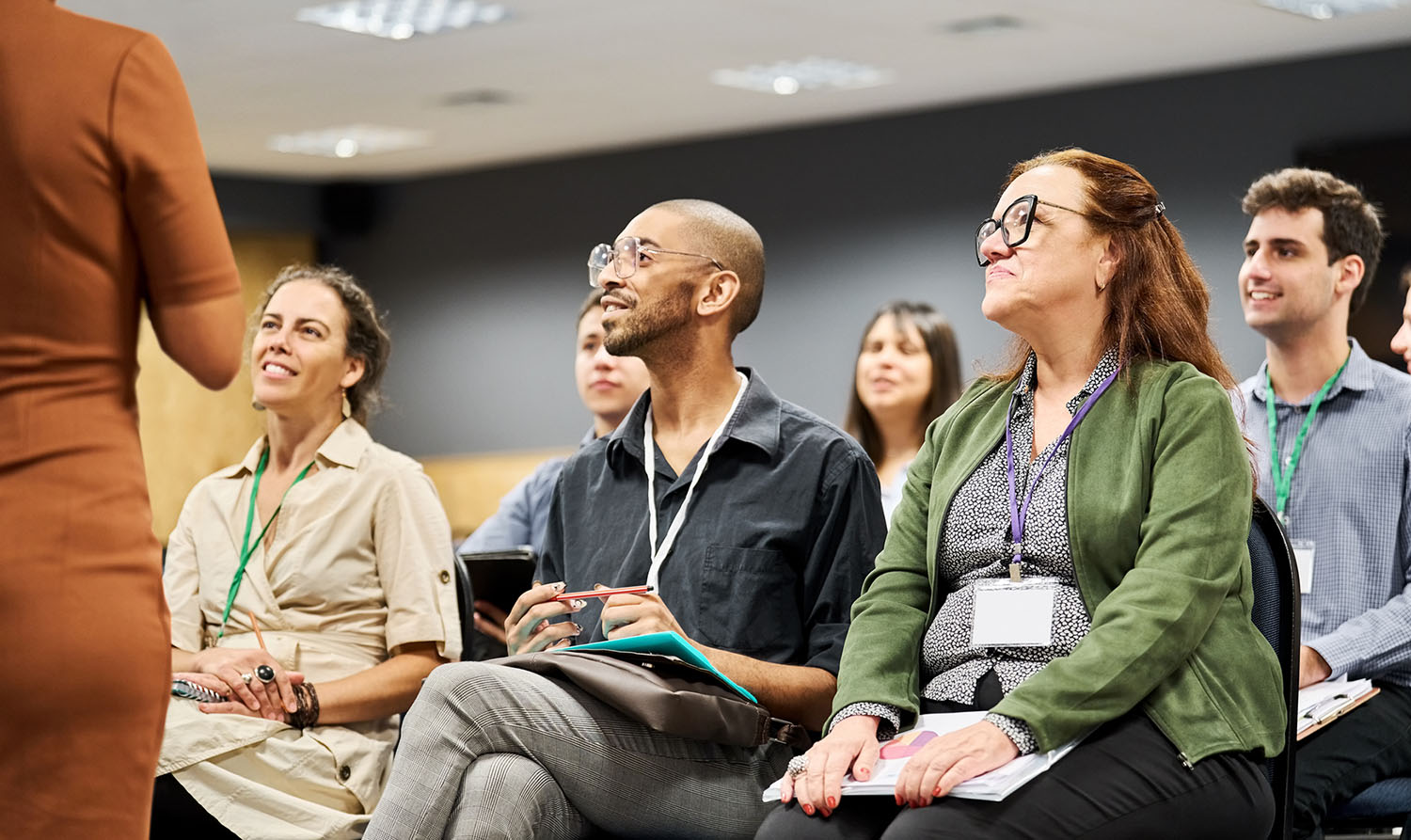
Matching Psychology Training to Job Market Realities
APS President Wendy Wood discusses how graduate programs can change the habit of focusing on academic-career preparation.
-
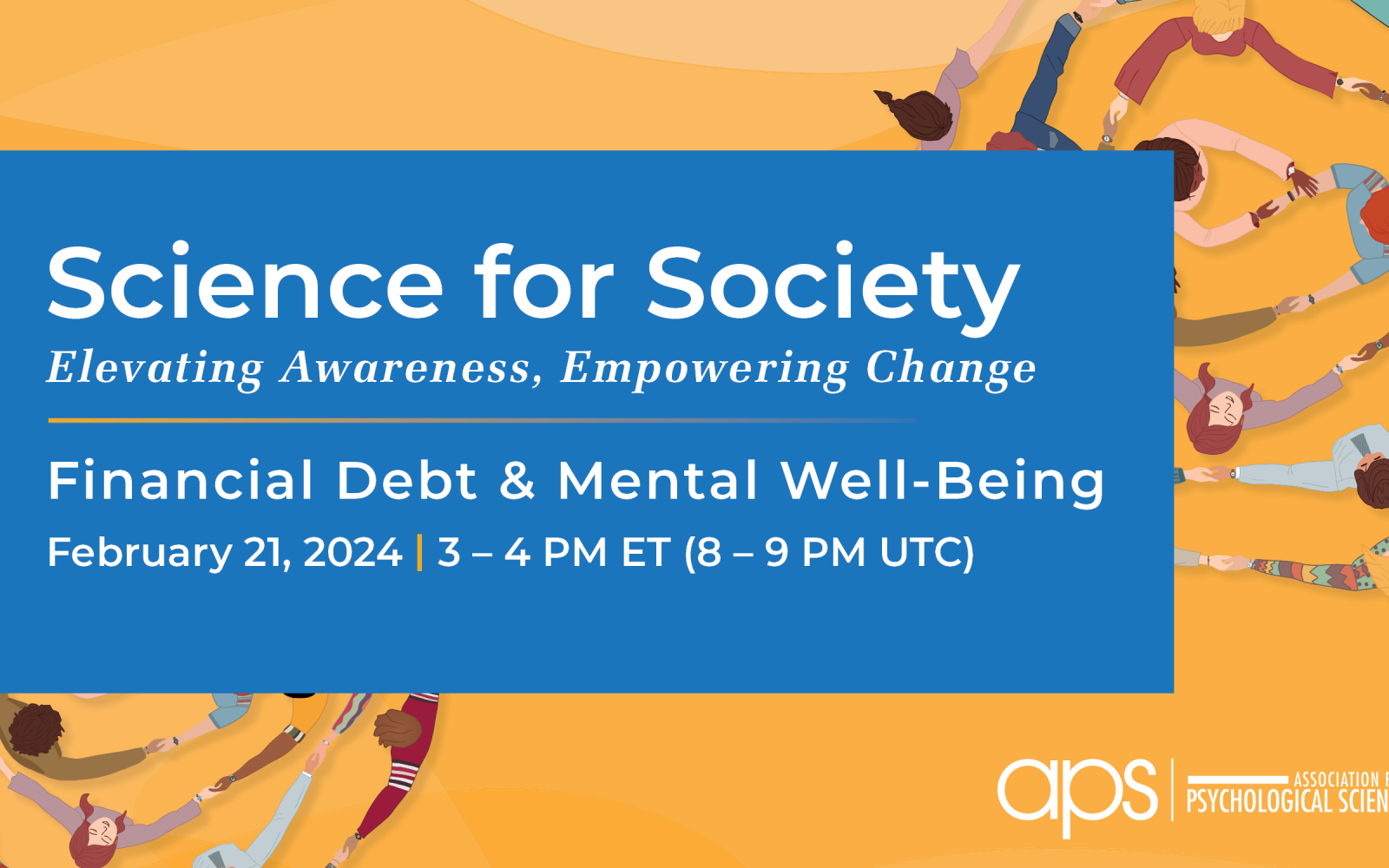
Spending, Saving, and Owing: How Finances Intersect with Behavior and Emotions
In a February Science for Society webinar, a panel of experts discussed the impact of financial debt on psychological well-being, the link between spending habits and happiness, and much more.
-

Practical Protections
In the era of open science, researchers encounter the challenges of preserving participant privacy when sharing data from qualitative interviews. Learn how you can balance transparency and confidentiality.
-
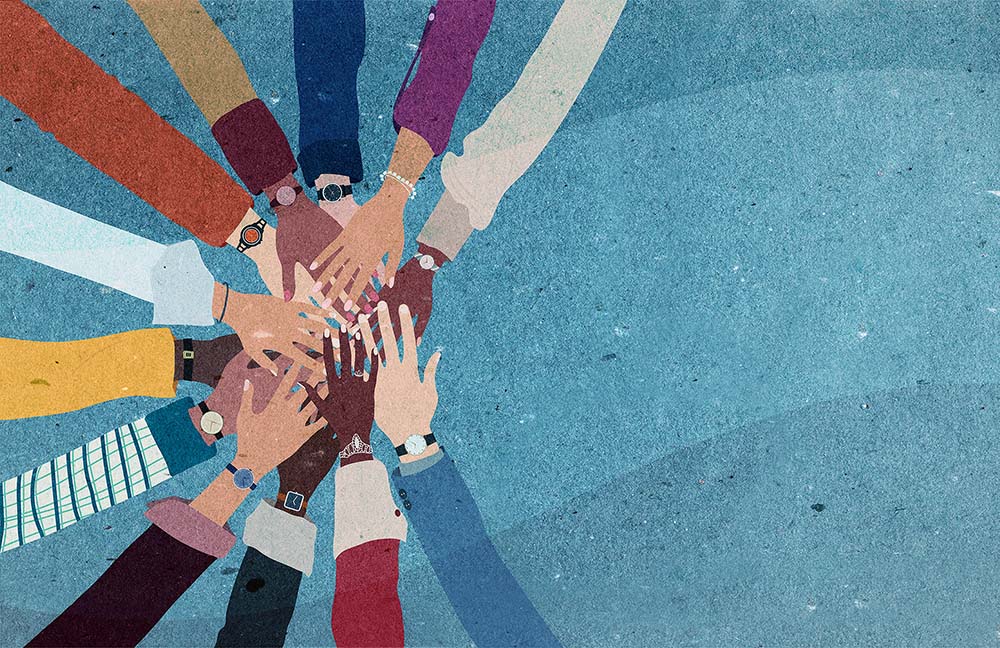
Student Notebook: Doing Research With Your Community, for Your Community
Scientific findings can be difficult to apply to real-life scenarios. Fifth-year clinical psychology student Gabrielle Lynch gives advice on working with communities, building relationships, and overcoming research hurdles.
-
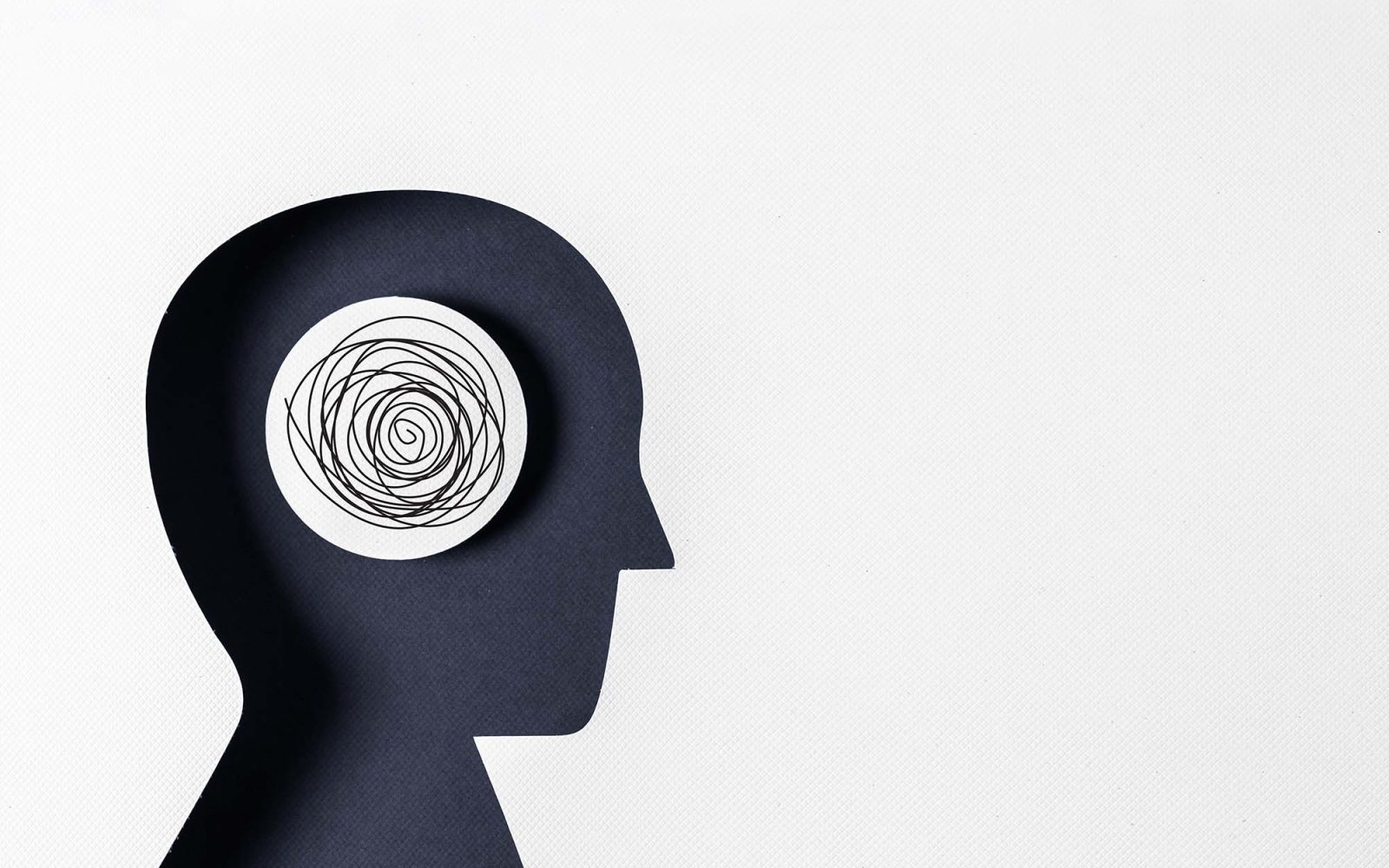
Multilab Replication Challenges Long-held Theories on Cognitive Dissonance
One of the foremost models that scientists use to measure the effects of cognitive dissonance may have some deficiencies, a new multilab registered replication indicates.
-
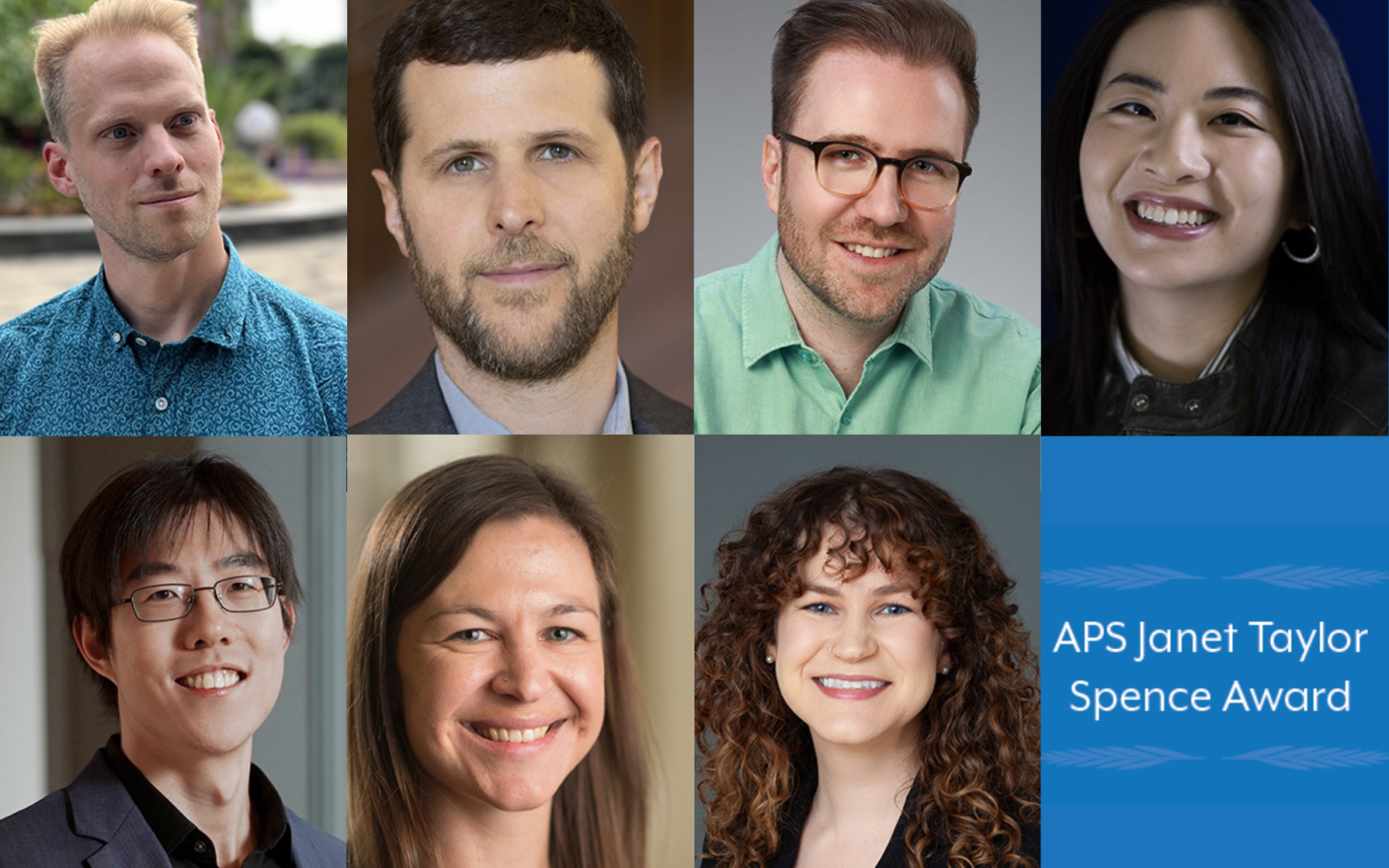
Seven Early-Career Researchers Honored With 2024 APS Janet Taylor Spence Award
The seven recipients are honored for cutting-edge research on topics ranging from self-regulation to collective emotions to multicultural experiences.
-

When Things Don’t Go According to Plan
Methodologists have embraced preregistration as a way to prevent questionable research practices and add transparency to scientific studies. But many researchers end up deviating from those preregistered plans, and those deviations aren’t reported systematically, if at all.
-
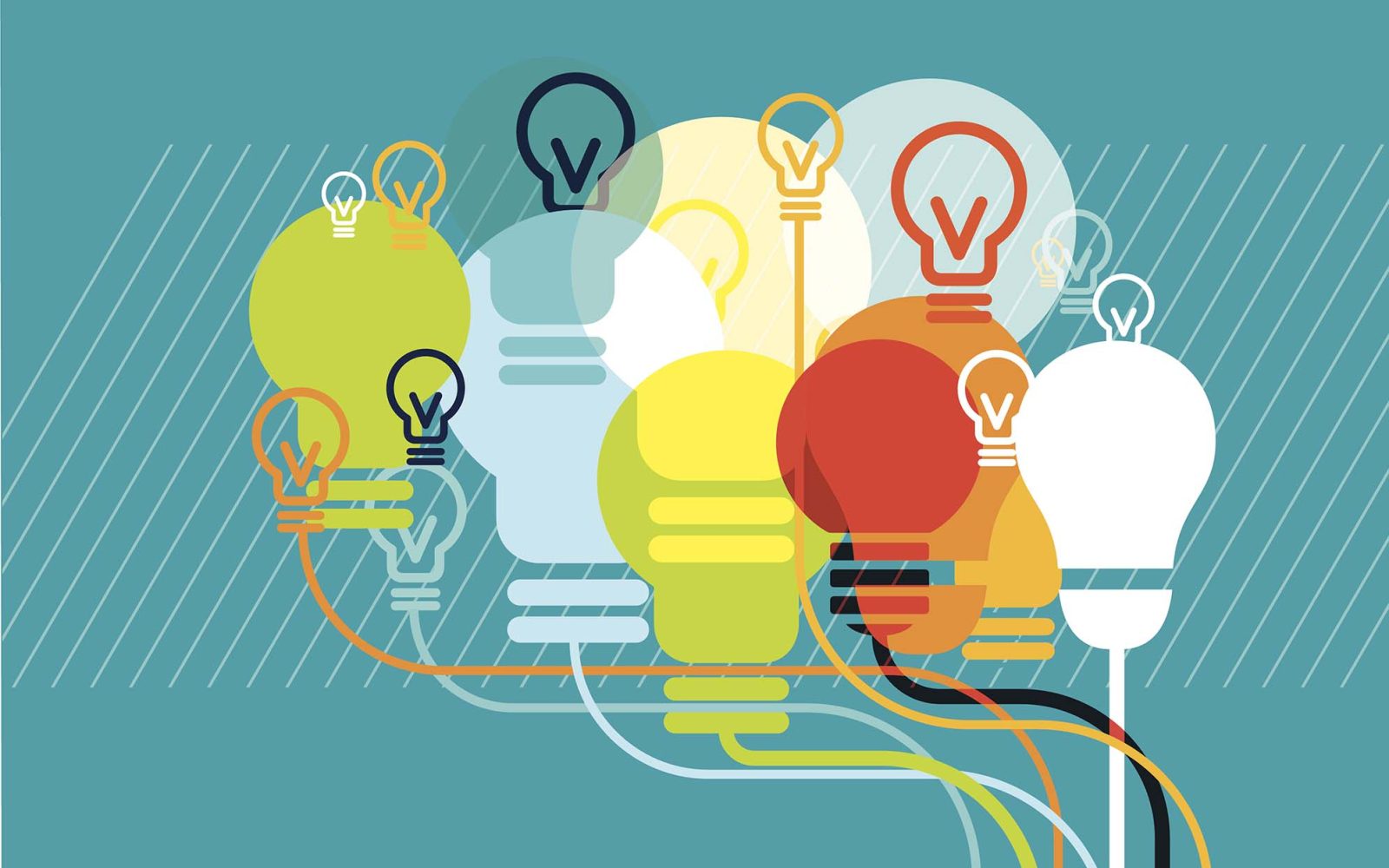
Being a Team Player: Opportunities and Challenges in the Era of Collaborative Science
The growing number of collaborative science teams changes the landscape of science and technology; whereas small teams disrupt science and technology by creating novel systems and ideas, large teams build on existing knowledge systems. Both will be crucial for moving science forward.
-
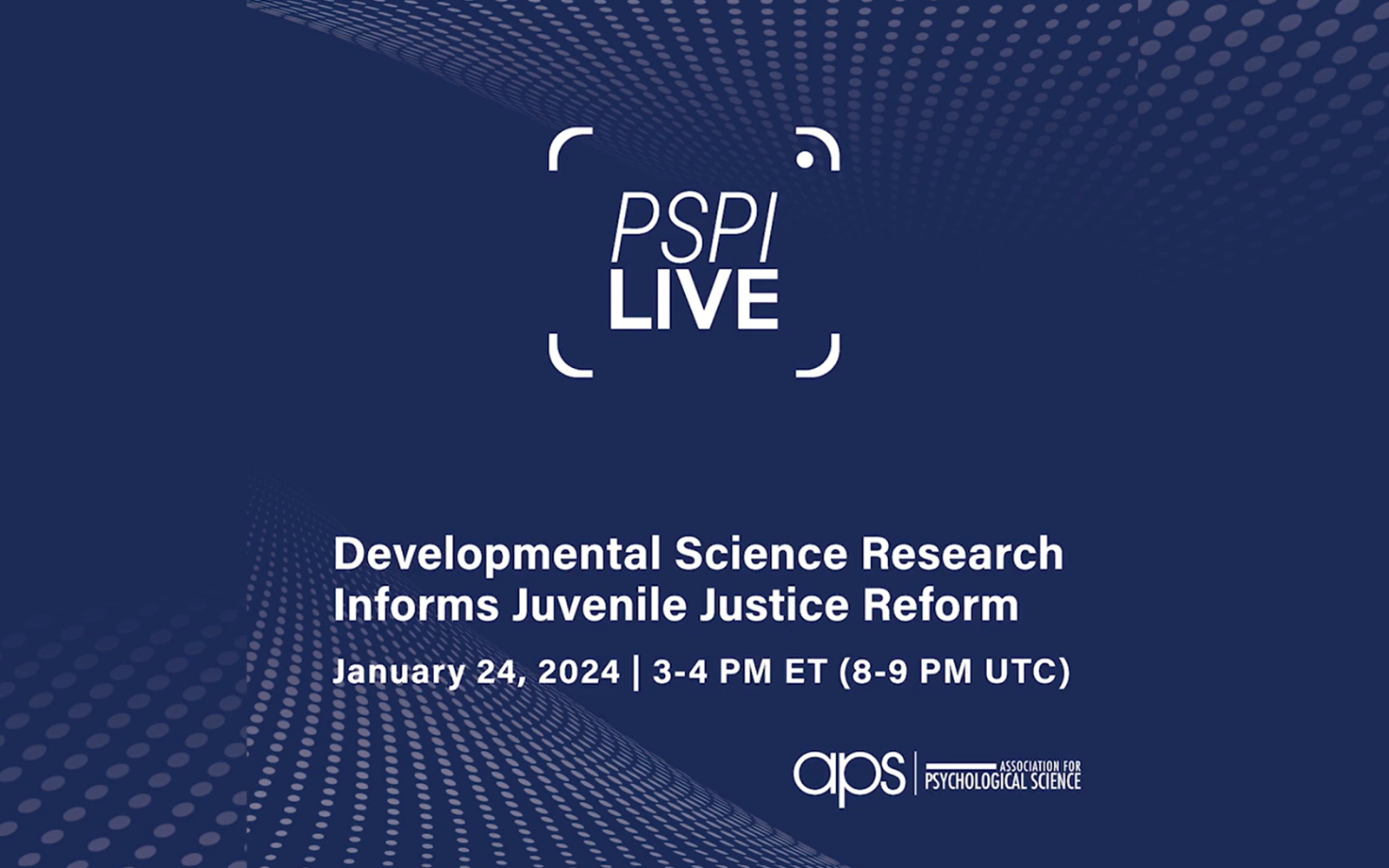
PSPI Live: Developmental Science Research Informs Juvenile Justice Reform
In a January PSPI Live webinar, authors of a forthcoming article came together to discuss juvenile justice reform.
-

AI’s Limits, Potential for Psychological Research and Practice
In the latest Science for Society webinar, psychologists came together to discuss the past and current applications of artificial intelligence from a scientific perspective. A recording of the webinar is also available for registrants and APS members.
-

Does Psychology Need More Effective Suspicion Probes?
Suspicion probes are meant to inform researchers about how participants’ beliefs may have influenced the outcome of a study, but it remains unclear what these unverified probes are really measuring or how they are currently being used.
-

How Science Can Reward Cooperation, Not Just Individual Achievement
Two social scientists propose a different approach to scientific recognition and rewards: shifting the focus away from individual scientists and toward the larger groups in which scientists are embedded.
-
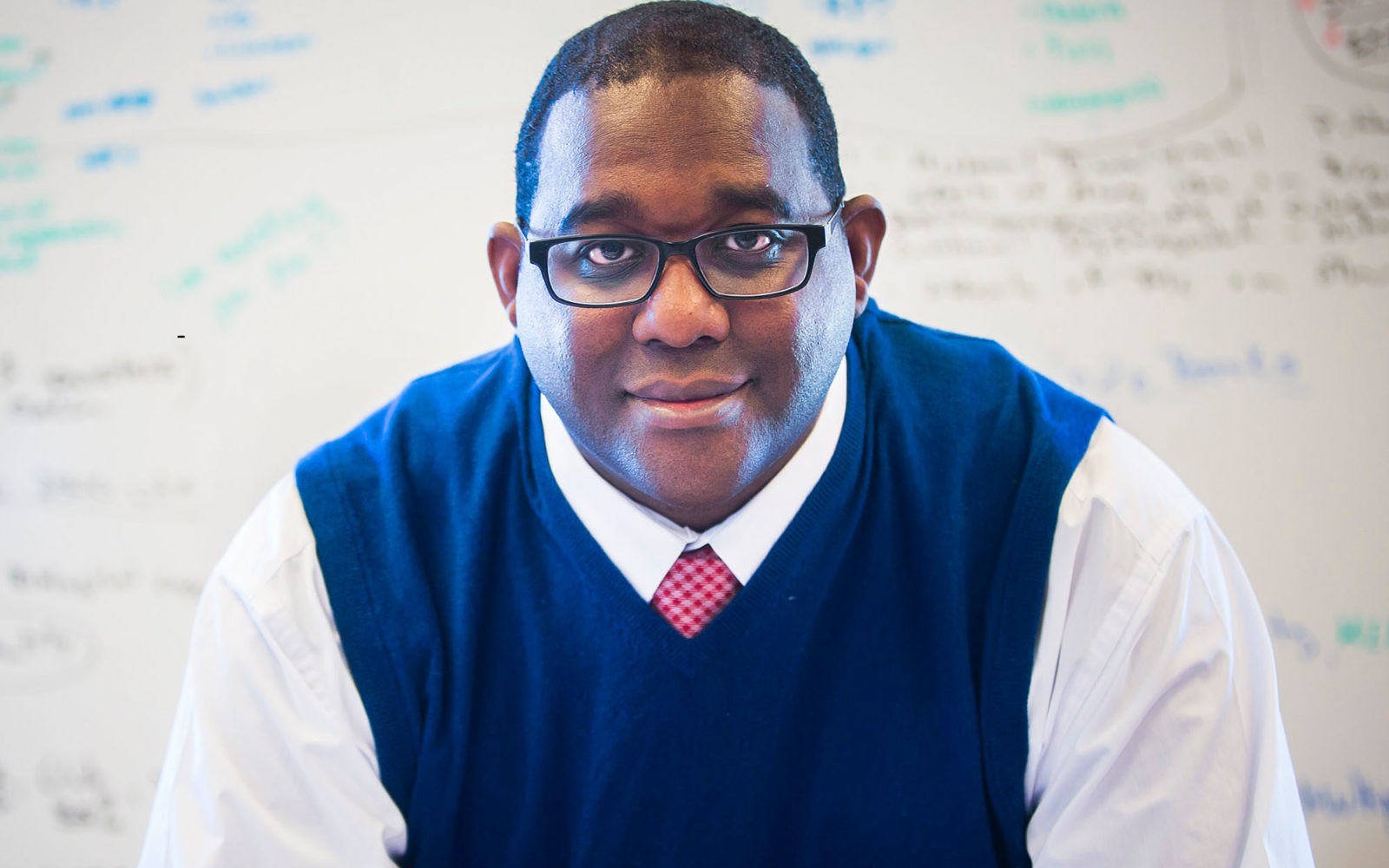
Careers Up Close: Rohan Palmer on Genetics and Substance Use
This Emory University psychological scientist is engaged in cutting-edge research on the genetic and environmental factors that leave some people vulnerable to substance dependency.
-

Exploring Tech Jobs as Psychological Scientists
In this guest column, APS William James Fellow recipient James W. Pennebaker, a renowned academic and software entrepreneur, shares useful advice on pursuing careers in the technology sector.
-

Chemical Communication is Nothing to Sniff At
Research is uncovering just how much our noses know about our social environments.
-

Substance-Use Stigma Impedes Treatment in Various Ways, Scientists Say
Addiction is one of society’s most misunderstood and rebuked health conditions. That stigma discourages many people from seeking treatment for substance dependence, according to a new report published in Psychological Science in the Public Interest.
-

Teaching: Wearable Cognitive Assistants
Learn how research on augmented reality glasses, virtual reality headsets and other advanced devices can be incorporated into classroom instruction.
-
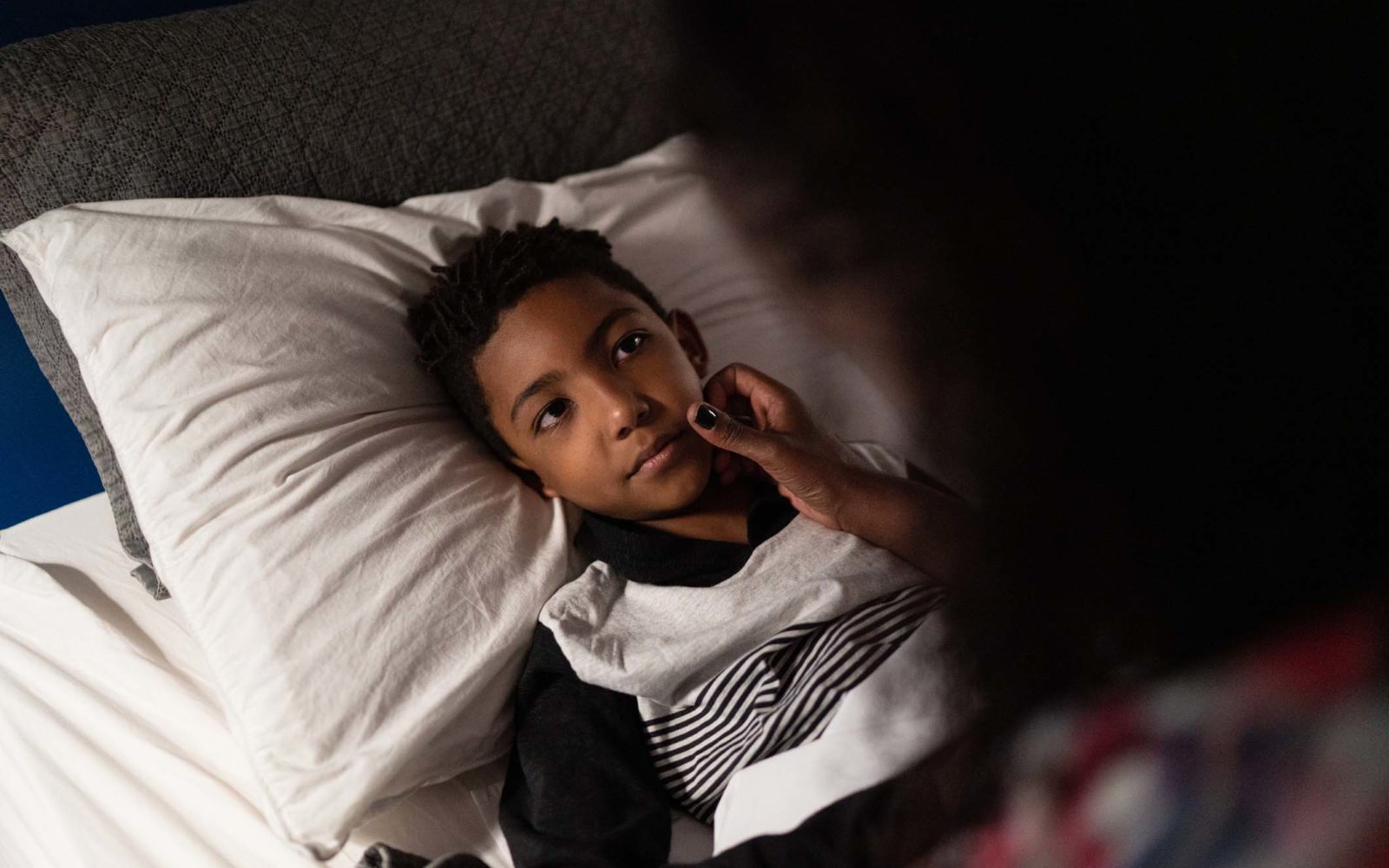
Teaching: Parenting by Lying
Parents and other guardians lie to their children for a host of reasons, research confirms. Students have an opportunity to explore why parents evade the truth.
-
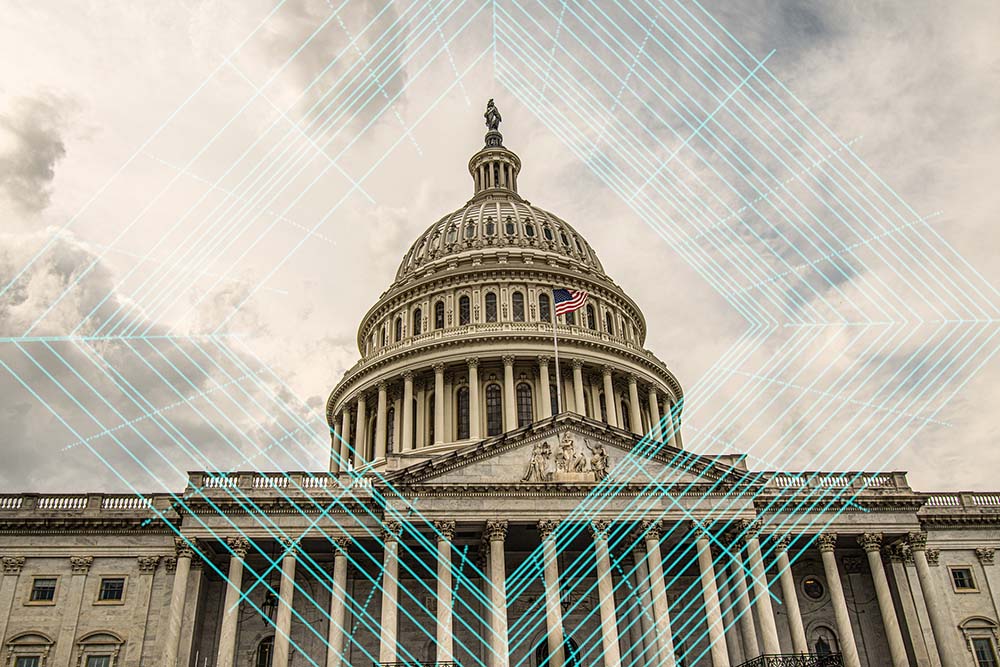
Science in Service: Shaping Federal Support of Scientific Research
Social psychologist Elizabeth Necka shares her experiences as a program officer at the National Institute on Aging.
-

Student Notebook: Tips for Navigating the Demands of Graduate School
Understanding the science of stress can help graduate students manage the uncertainties and demands they face, says PhD student Kyle LaFollette.
-

Vazire Outlines Goals for Transparency, Diversity in Psychological Science
The new Editor-in-Chief of APS’s flagship journal plans new steps to promote continued rigor and transparency in the publication’s content.
-

A Tribute to APS Fellows Lost in 2023
The Observer honors the APS Fellows who passed away over the past year and left an indelible mark on scientific psychology. Their groundbreaking studies and theories have advanced fields ranging from clinical psychology to neuroscience.
-
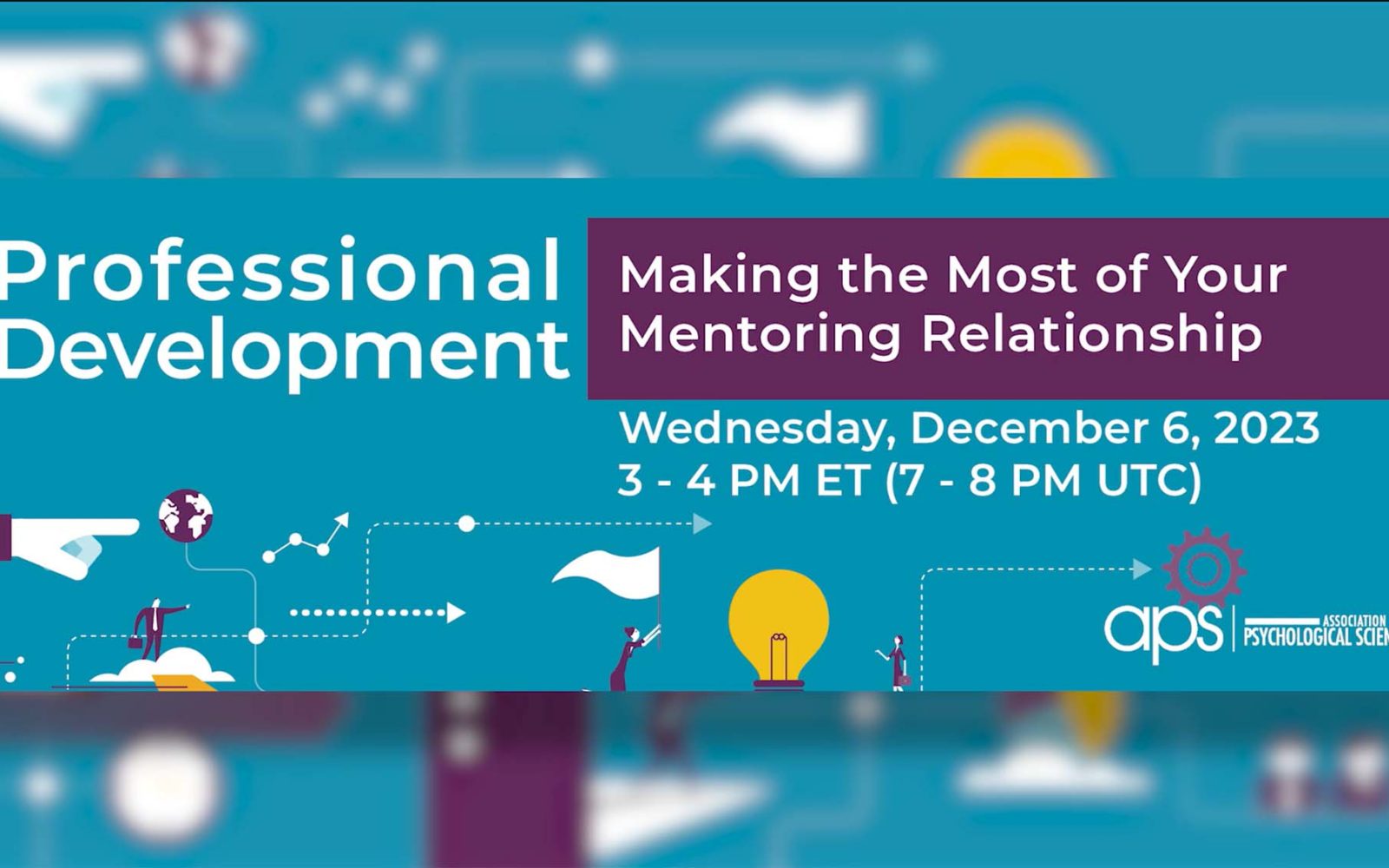
Professional Development Workshop: The Keys to a Successful Mentoring Relationship
What’s the best way to establish a productive mentoring bond? An APS Professional Development Webinar offers some answers.
-

Trauma and Resilience in Disaster’s Wake: A Scientific Perspective
In a November 15 Science for Society webinar, scientists and advocates shared their expertise and perspectives on well-being in collectively traumatic situations.
-

Seven Tips for Conducting Research With Low-Income Participants
Psychological researchers face a number of methodological and practical challenges when collecting data on low socio-economic communities. A team of scientists offer suggestions on overcoming those obstacles.
-
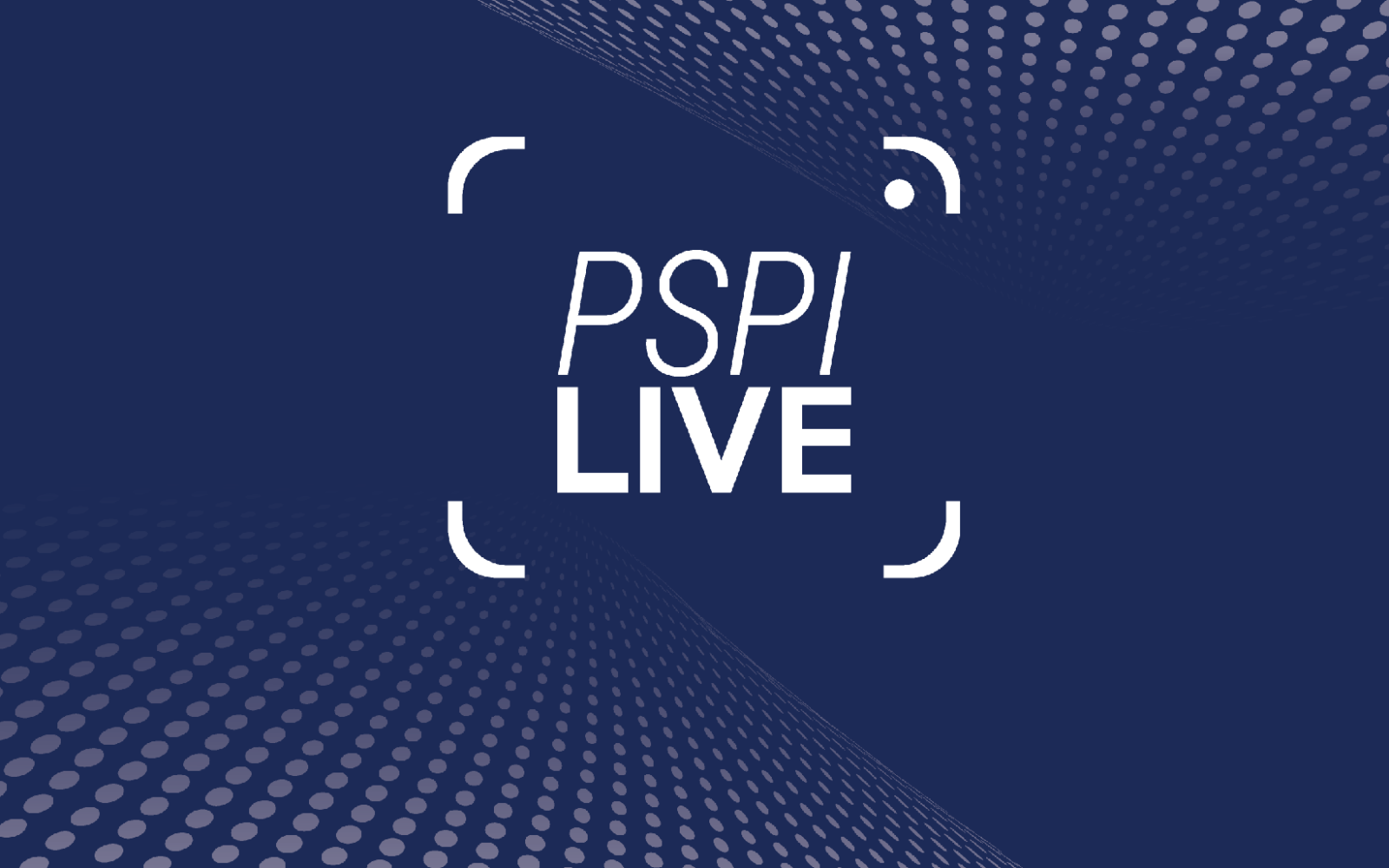
PSPI Live: Understanding the Stigma Associated With Substance Dependence
In an October 25 APS PSPI Live webinar, experts in the field discussed substance abuse and dependence from a nuanced perspective that goes beyond common misconceptions. A recording of the symposium is now available for registrants and APS members.
-
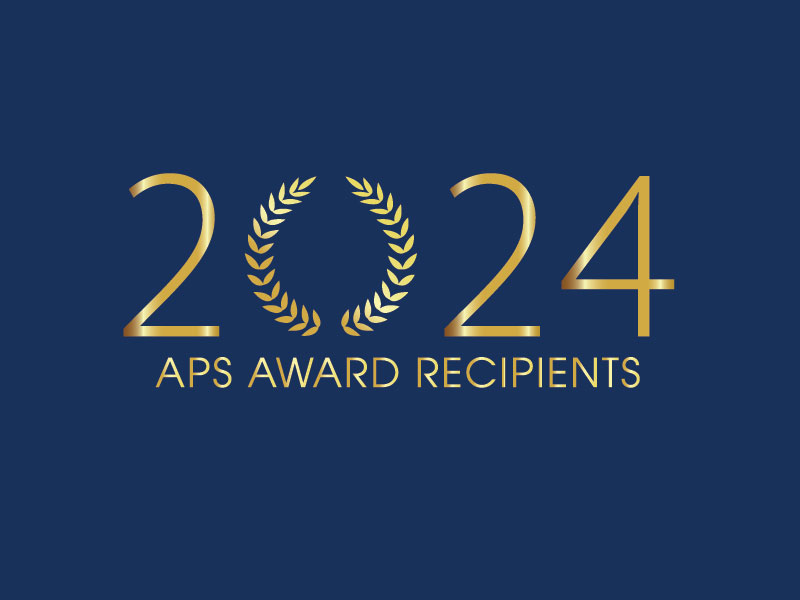
2024 APS Lifetime Achievement Awards Honor 15 Psychological Scientists
Scientists who have pioneered our understanding of language, vision, theory of mind, racial/ethnic identity, and much more are among the 15 recipients of APS’s highest honors.
-

Science for Society: How Research Can Foster Social Equity
To create lasting social change, psychological scientists are not just studying marginalized communities, but partnering with them.
-

Doing Time: “Unfair” Delays Lead to Harsher Sentences
Most people agree that the punishment should fit the crime, but procedural delays outside of defendants’ control may cause judges, case review boards, and other third parties to support more severe sentences.
-
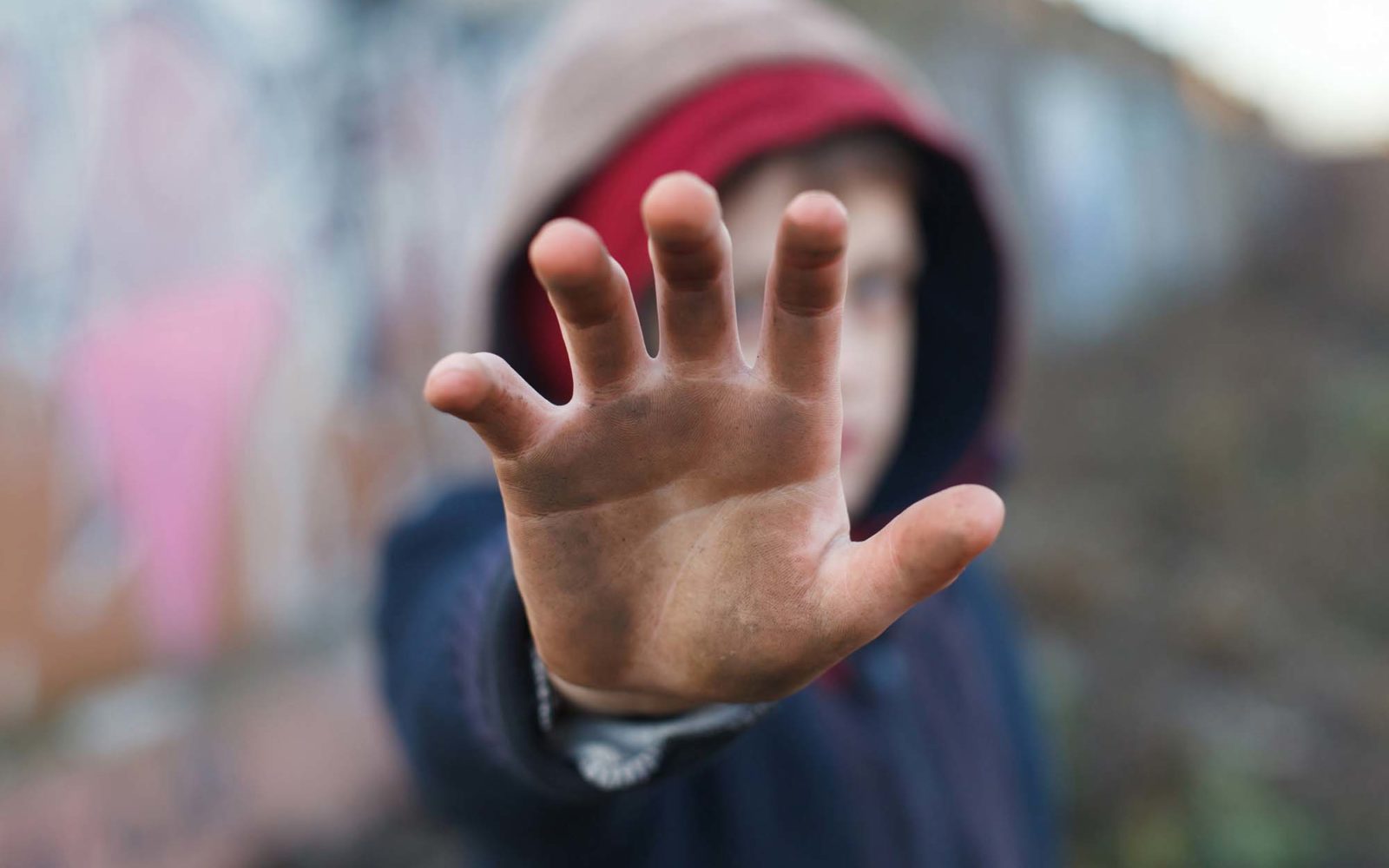
Teaching: Ethical Research to Help Romania’s Abandoned Children
An early intervention experiment in Bucharest can introduce students to the importance of responsive caregiving during human development.
-

Teaching: Understanding Our Inner Darkness May Shed Light into Humanity’s Common Good
A group activity can help students reflect on different kinds of dehumanization and brainstorm a more prosocial path forward.
-

Making Science Clear in Court
A psychological researcher uncovers how judges and juries evaluate expert scientific testimony.
-

Finding Opportunities in Research Administration
In a conversation with APS President Wendy Wood, clinical scientist Christine Hunter shares how she’s applied skills learned in graduate school to her role as a government research director.
-

Student Notebook: Mastering the Classroom
Fifth-year graduate student Serena Zadoorian provides a list of essential information and advice for new associate instructors.
-

How Owning a Gun Raises Anxiety
In the first webinar of APS’s Science for Society series on September 20, 2023, scientists and advocates shared their expertise and perspectives on the relationship between gun violence and anxiety.
-
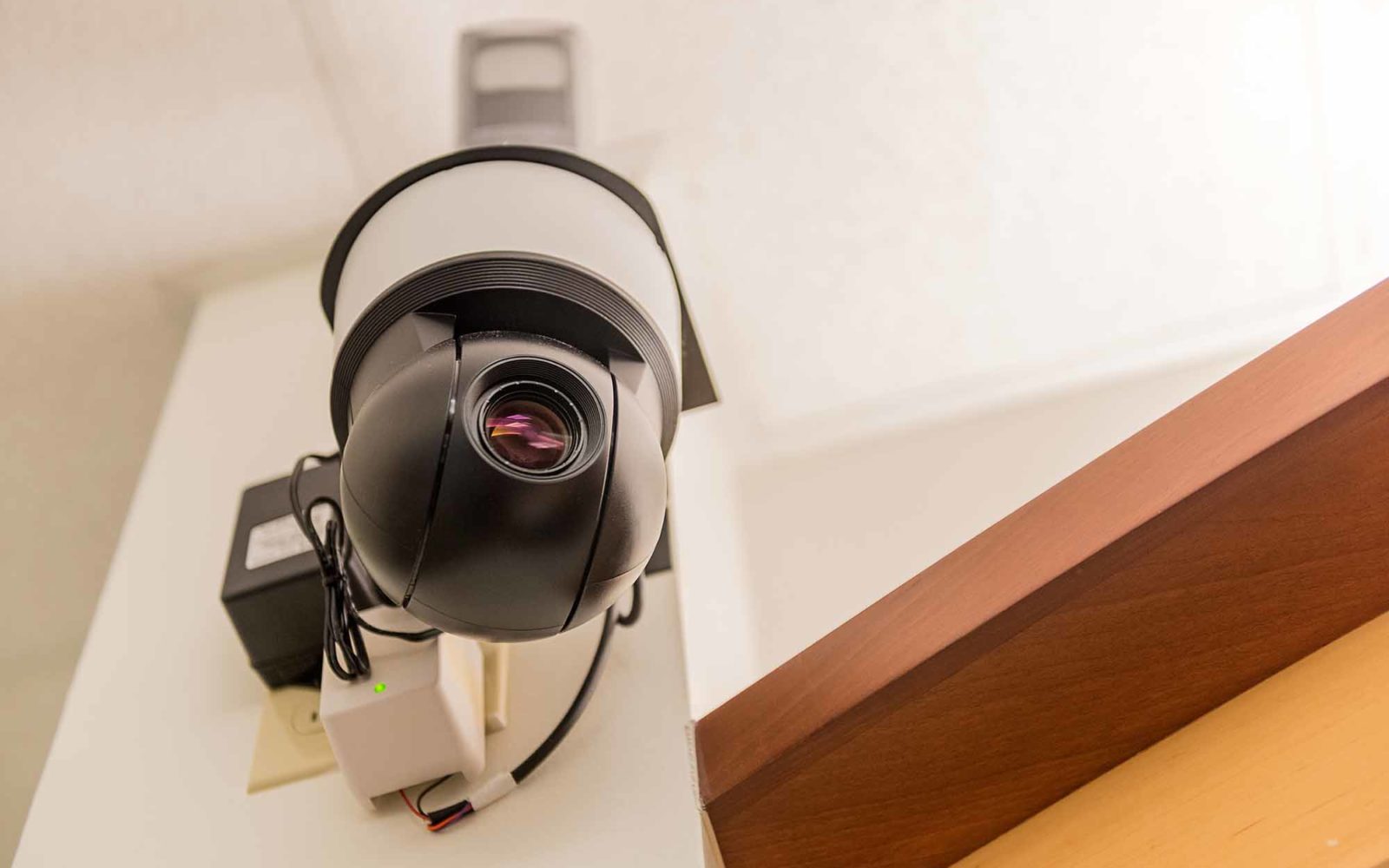
Up-and-Coming Voices: Bringing Science to Justice
Two researchers share their research related to criminal justice.
-

Cattell Fund Projects Include Research on Children’s Executive Function, Empathy Choice, and More
The James McKeen Cattell Fund has recognized APS Fellow Stephanie M. Carlson, C. Daryl Cameron, Robert Hampton, and Kevin Holmes as recipients of its Sabbatical Fund Fellowship for 2023–2024.
-
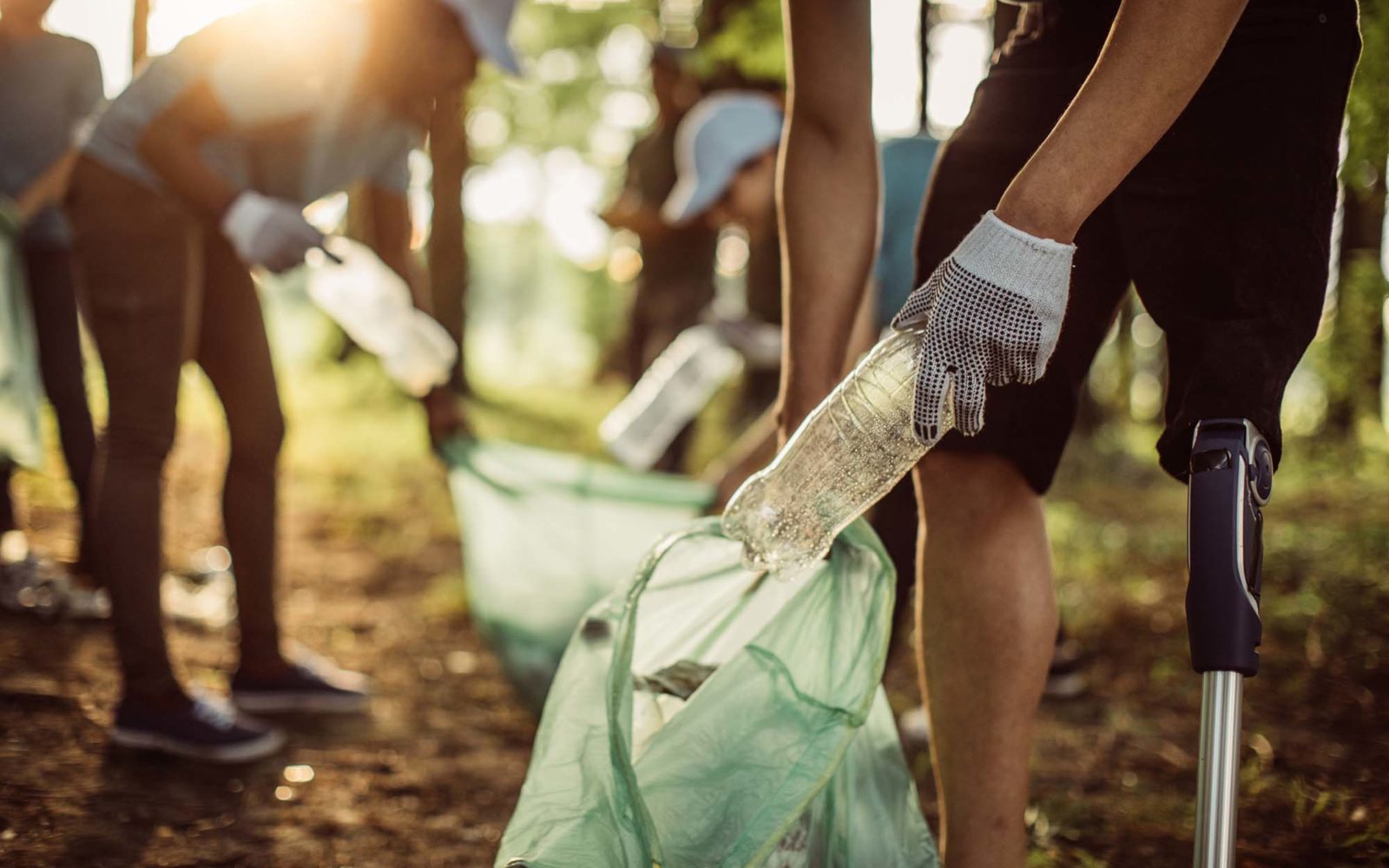
Communicating Psychological Science: Global Threat Without a Global Consensus
Özge Gürcanlı Fischer-Baum discusses the need for supportive policies to elevate the power of science and to educate the public about climate change.
-

Psychological Research on Breastfeeding and Eating Disorders Earn Two Scientists Federal Award at APS Annual Convention
The National Institute of Dental and Craniofacial Research (NIDCR) at the National Institutes of Health (NIH) awarded two poster presenters at the 2023 APS Annual Convention with the Building Bridges Award.
-

Psychological Science and Public Health: A Perspective from Psychological Scientist Leaders in Federal Government
Two psychological scientists explore methods to improve uptake of public health interventions and invite other researchers to consider how their work can help address public health issues.
-

Careers Up Close: Ryan Fitzgerald Eyes Eyewitness Identification
Associate professor and researcher Ryan Fitzgerald discusses his research into eyewitness identification, mentoring students, and lessons he’s learned along the way.
-
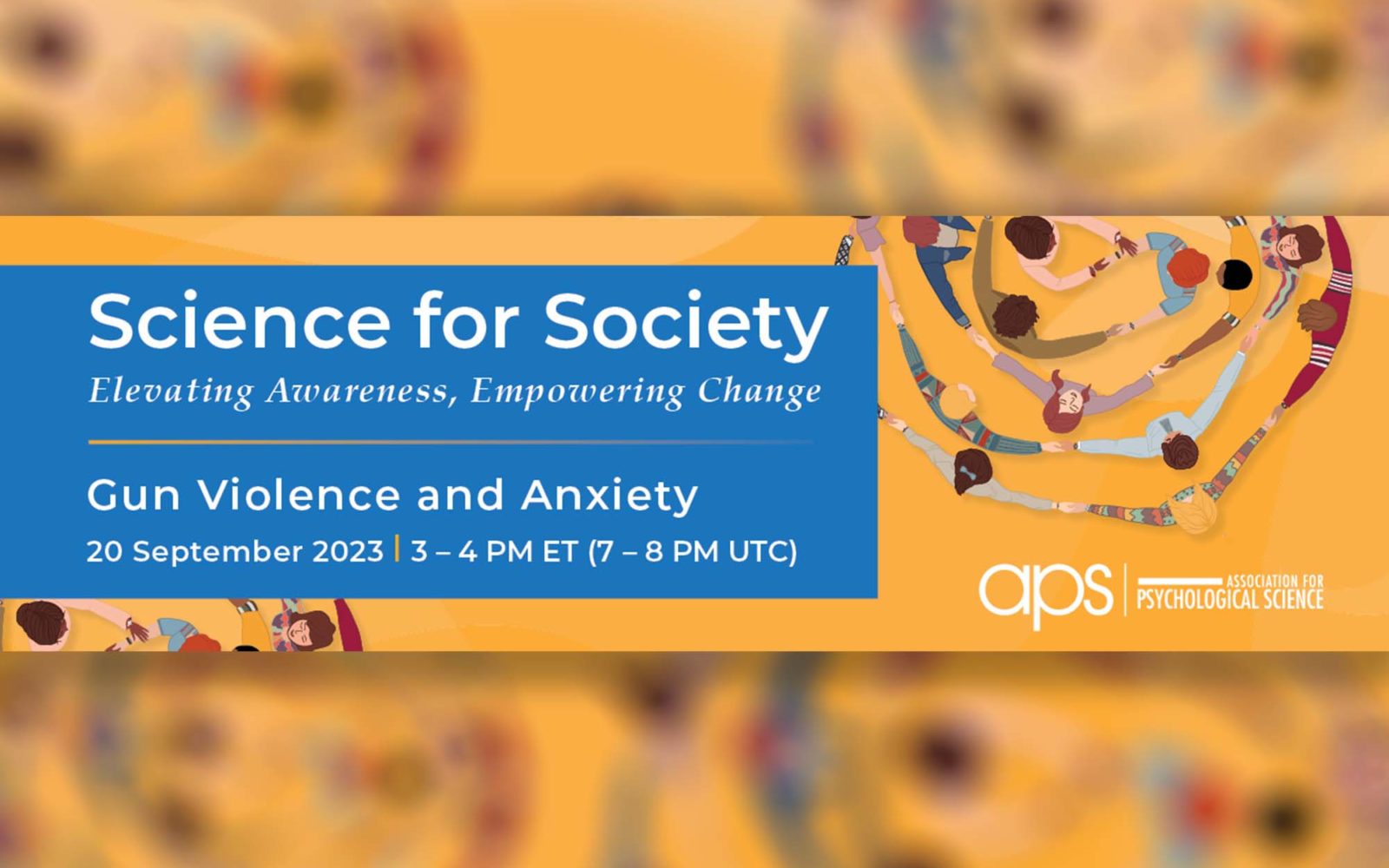
Science for Society: Insights from Psychological Science on Gun Violence and Anxiety
In the first webinar of APS’s Science for Society series on September 20, 2023, scientists and advocates shared their expertise and perspectives on the relationship between gun-violence and anxiety.
-

How Climate Shaped Our Minds—and How It Might Still Save Us from Climate Change
Over generations, cultures including those in Yazd, Iran, develop customs, habits, and values that are adapted to water scarcity.
-

Global Science Requires Greater Equity, Diversity, and Cultural Precision
Three authors discuss the discrepancy between espoused ideals for a global science and implicit biases that perpetuate unequal visibility and representation in psychological science.
-
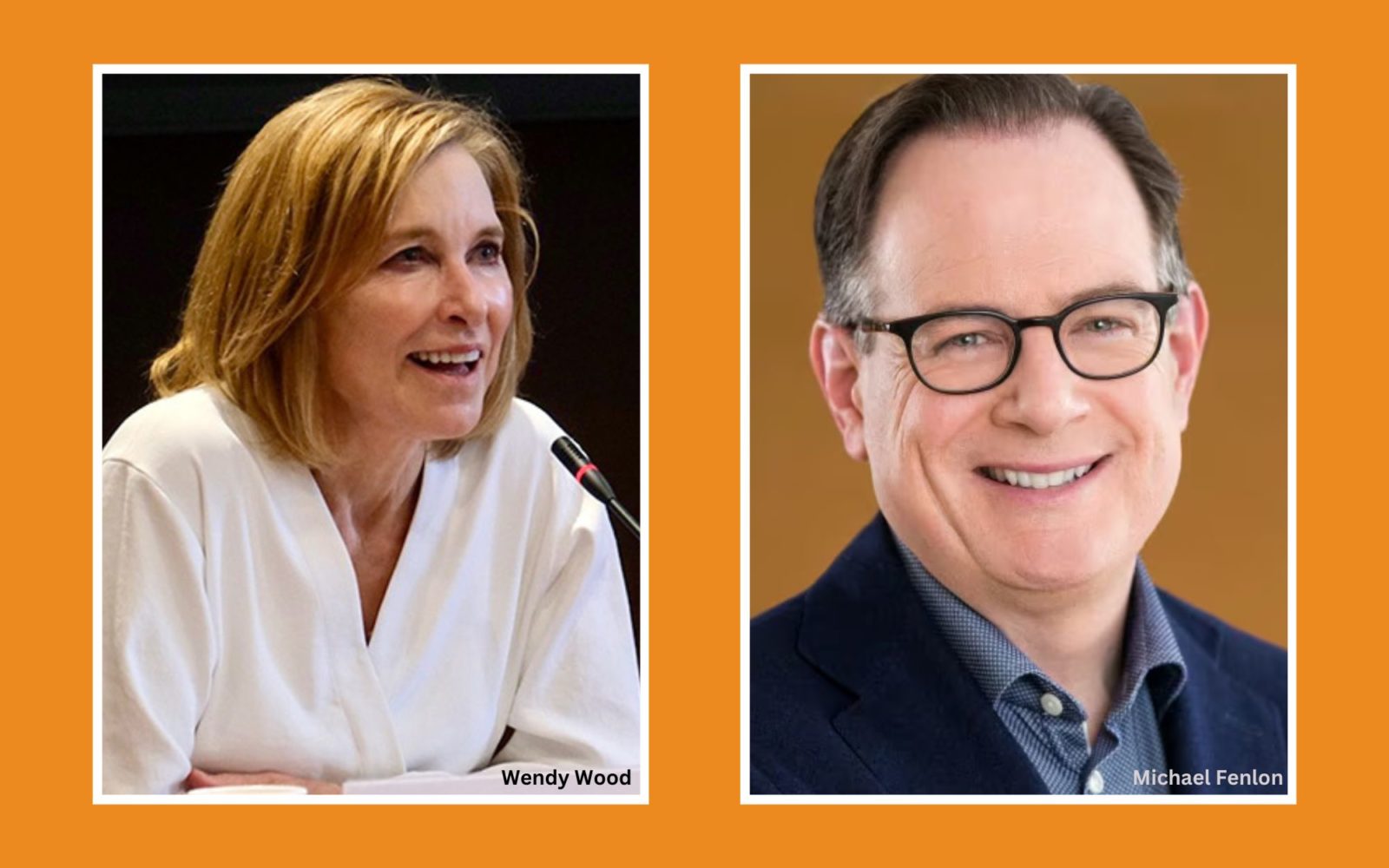
The Limitless Applications of Psychological Science
“I think there’s never been greater interest in and relevance and importance of translating rigorous research and academic scholarship for practitioners,” said Michael Fenlon of PricewaterhouseCoopers in this exclusive interview with APS President Wendy Wood.
-
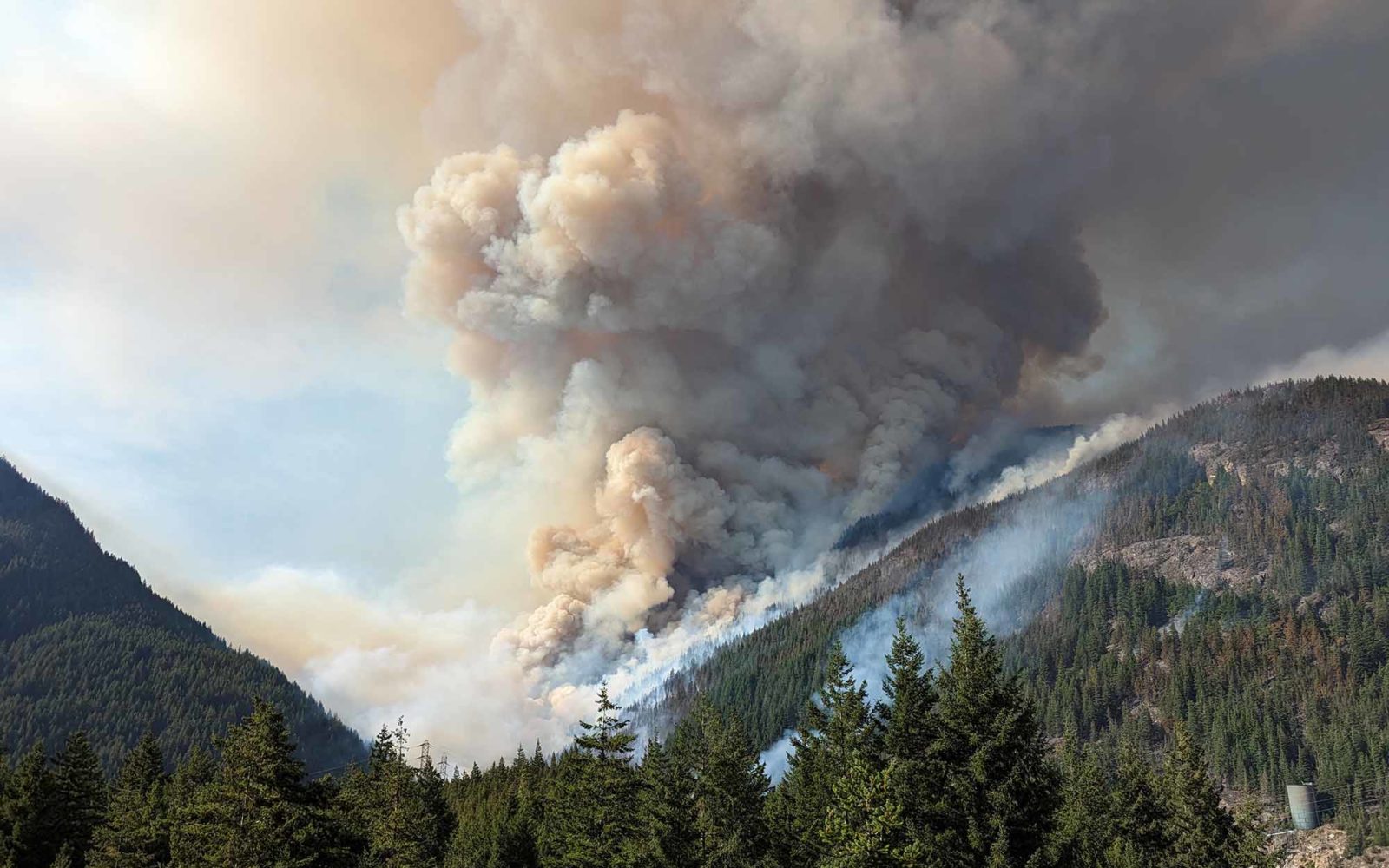
Unleashing the Power of Emotional Responses for Pro-Environmental Action
Engaging in pro-environmental behavior can trigger spillover effects, creating a ripple of positive changes in individuals and their communities.
-

Scientific Storytelling for the Current Climate
Achieving almost any of the world’s major climate interventions will require collective action. Stories are among the most universal, scalable approaches to convincing others to embrace these collective efforts.
-

Up-and-Coming Voices: Behavior and Climate
Four researchers share their research related to behavior and climate.
-

Careers Up Close: Kimin Eom on Keeping the Faith in Sustainability Research
Assistant professor at Singapore Management University Kimin Eom discusses his research into prosociality, maintaining morale, and helping others build on their successes.
-

Teaching: Why the Bias Blind Spot Matters and How to Reduce It
We often recognize bias in others but rarely in ourselves. Teaching students about the bias blind spot can help them increase their self-knowledge and reduce interpersonal conflicts.
-
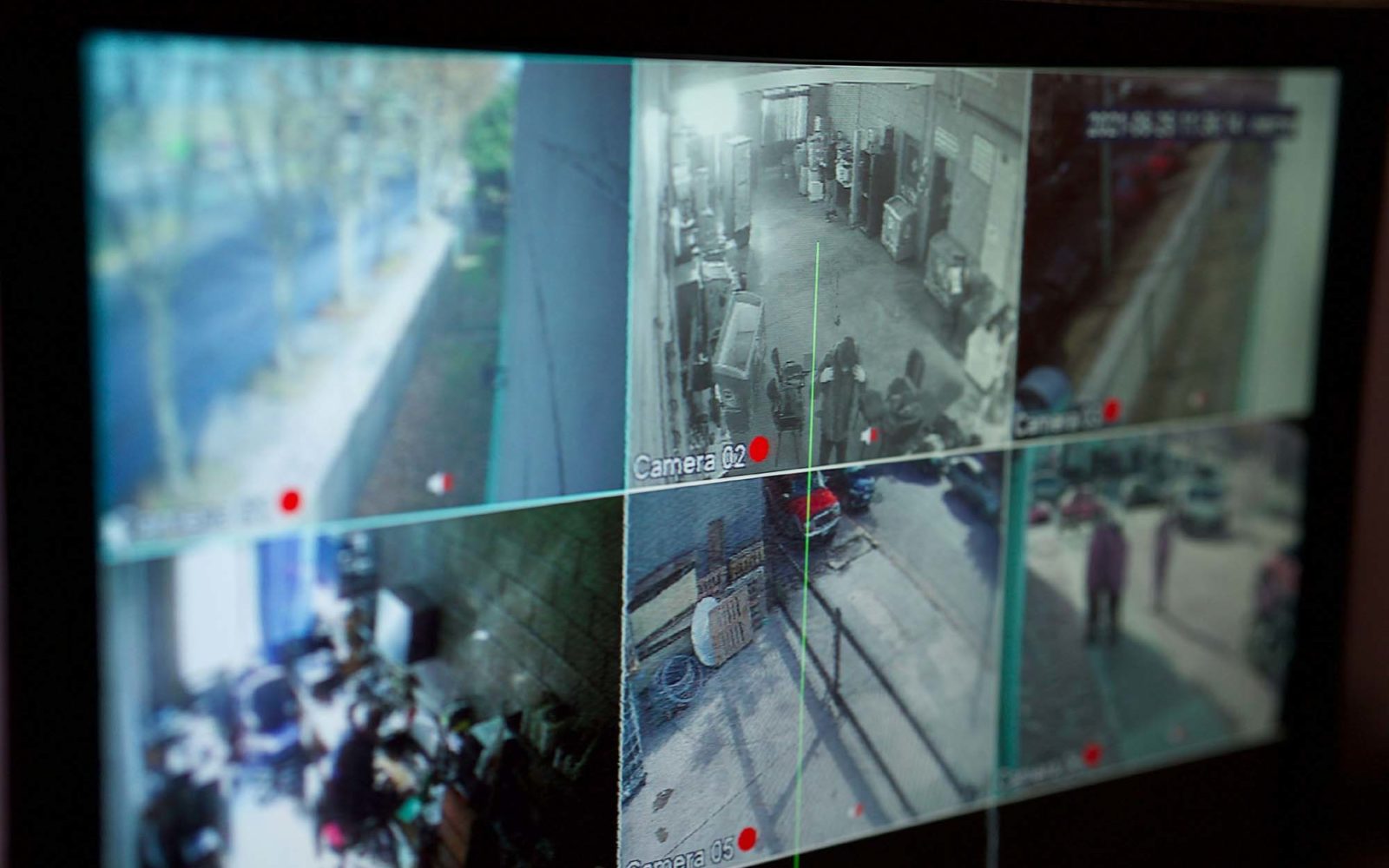
Teaching: The Perils of Post-Event Identification
Eyewitness memory is susceptible to distortions that can lead a witness to mistakenly identify an innocent suspect as a perpetrator. Teach students about the challenges inherent in identifying a face from a video image.
-

Student Notebook: Tips and Tricks for International Students’ Survival in a Foreign Land
“The good news is that most international students have an ultimately positive experience, just as I have,” says Doroteja Rubez in this column. “Here are my suggestions for other international students—as well as their allies.”
-
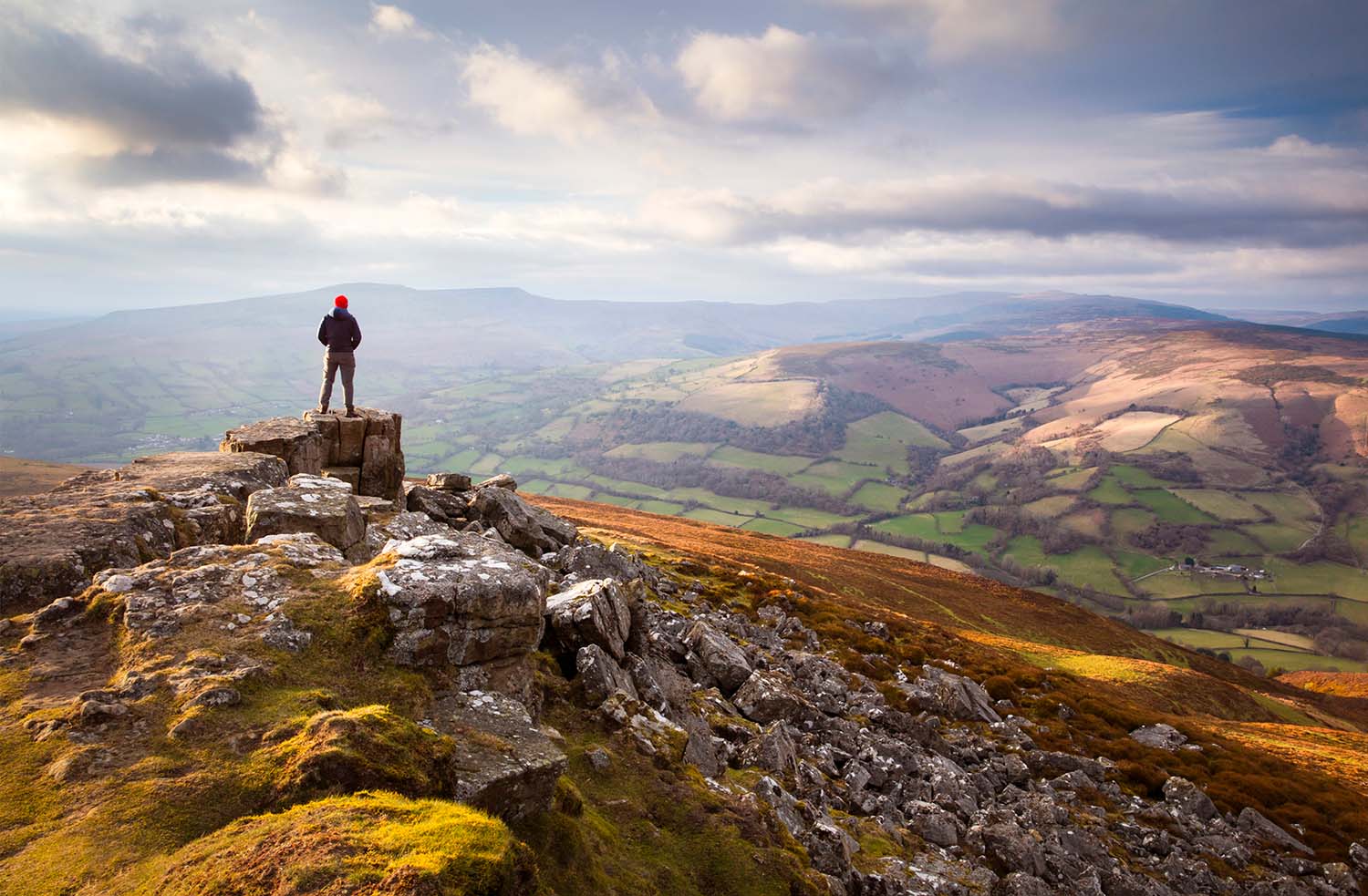
Back Page: Bringing Climate Change Home
Norman D Henderson Professor of Psychology and Environmental Studies at Oberlin College Cindy Frantz discusses her research into humans’ relationship with the natural world, promoting sustainability, and developing strategies that can help generate support to addressing climate change.
-
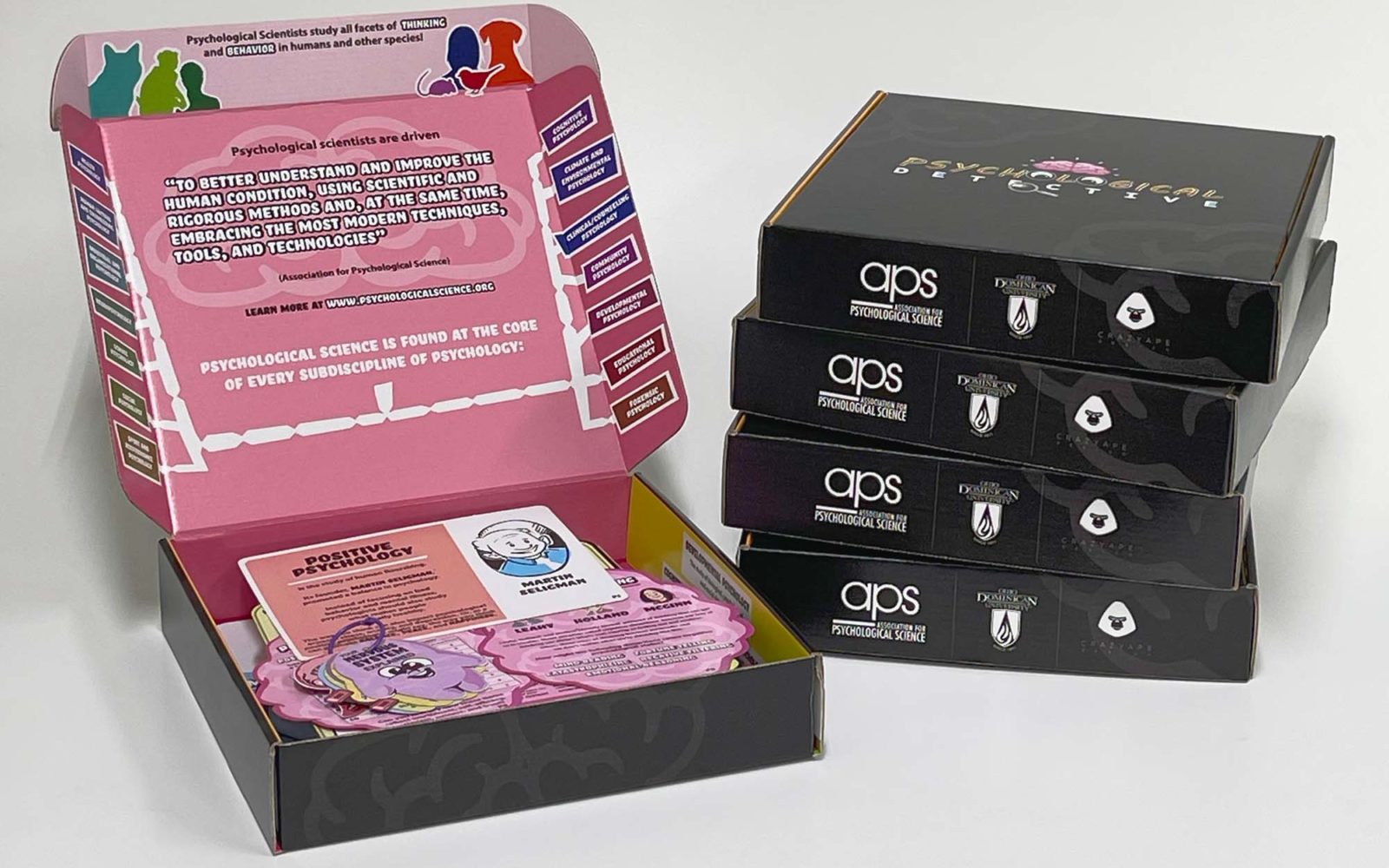
APS Teaching Fund Showcase: Psychological Detective Activity Boxes
With the help of a $5,000 grant from the APS Fund for Teaching and Public Understanding of Psychological Science, John Marazita and Maryam Elmajadoubi, an undergraduate honors student, created Psychological Detective Activity Boxes to promote a new generation of psychological scientists.
-
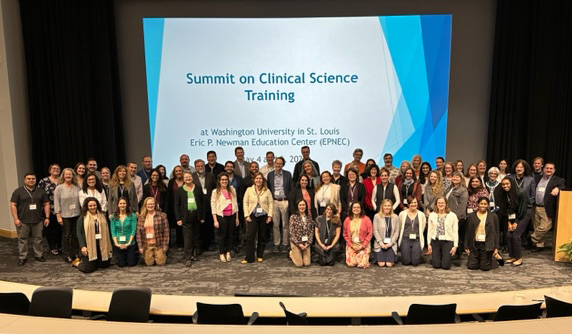
Exploring the Future of Clinical Science Training
APS Fellow Ann Kring provides a breakdown of the Clinical Science Summit, where psychological scientists gathered to discuss methods to strengthen and improve clinical science for the generations to come.
-
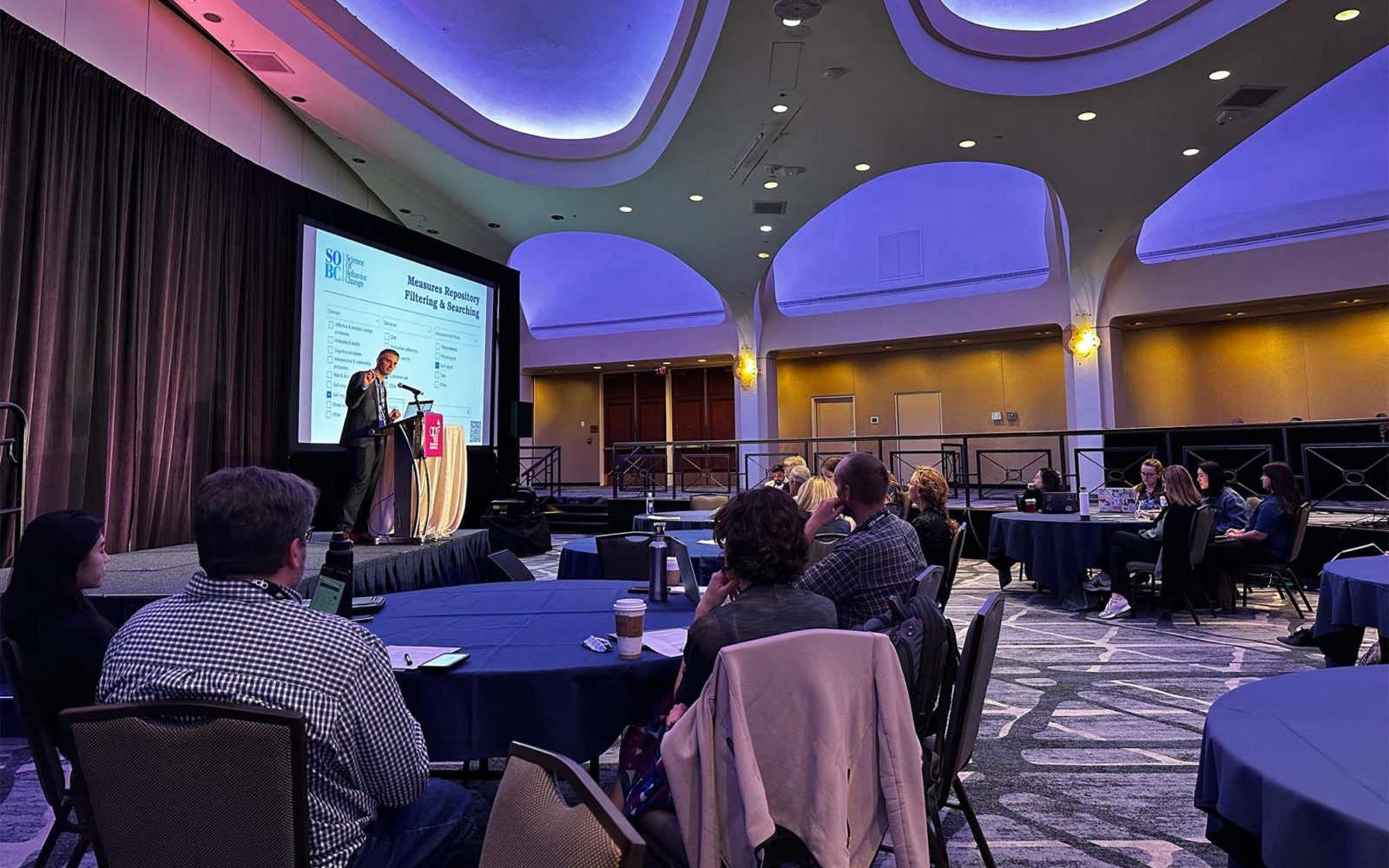
Bringing Greater Rigor to Behavior-Change Research: NIH Best Practices
In a workshop at the 2023 APS Annual Convention, researchers from the Science of Behavior Change Research Network discussed the importance of adopting a framework that seeks to better understand and respond to the underlying mechanisms driving forms of behavior change.
-

Complexities and Lessons in Researching Culture-Specific Experiences
Gheirat exemplifies a complex, culture-specific experience that requires using culturally sensitive research practices to investigate. Explore these case-specific ideas and solutions for researching phenomena from little-understood and/or studied phenomena.
-
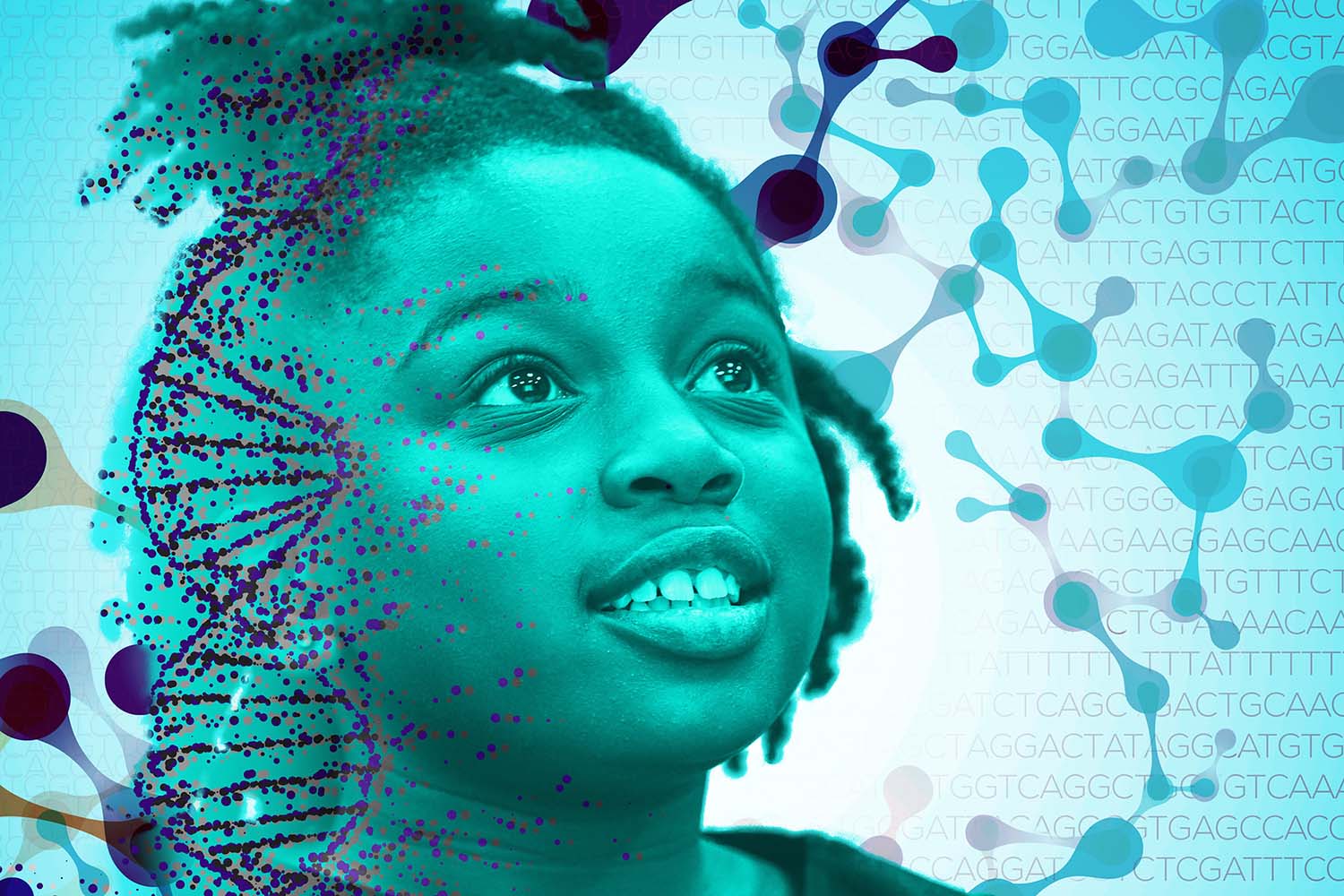
Diversity, Trust, and Informed Consent: Making Genetics Research Effective for All
Research on genetic risk factors is paving the way for precision mental healthcare, but the field needs more racially diverse participants and perspectives for all people to benefit equally.
-
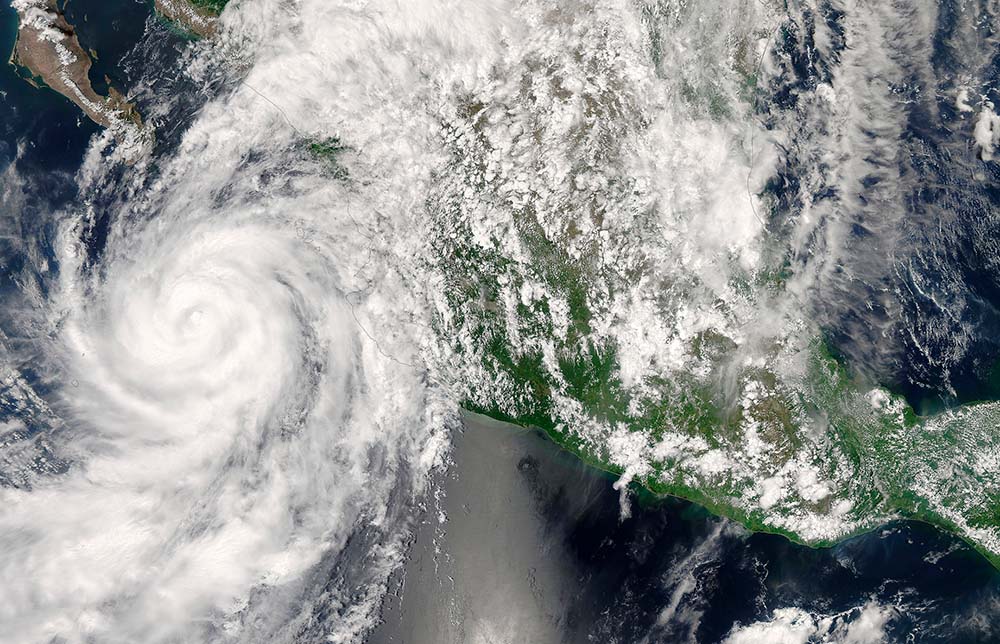
The Bad-Behavior Blend
“The one gene, one disease idea is a thing of the past.” Scientists aren’t simply trying to identify people who are innately predisposed to incivility, immorality, or lawlessness. They’re examining how parenting, education, and other life experiences trigger those biological leanings.
-

Communicating Psychological Science: Neurodiversity in the Workplace
Özge Gürcanlı Fischer-Baum explores how greater awareness of neurodiversity has influenced great (but not enough) change in research, advocacy, and cultural expectations.
-

Student Notebook: Applying Lessons From Sports to Academics
Third-year doctoral student Teona Velehorschi provides tips to help students manage the demands associated with the world of academia.
-
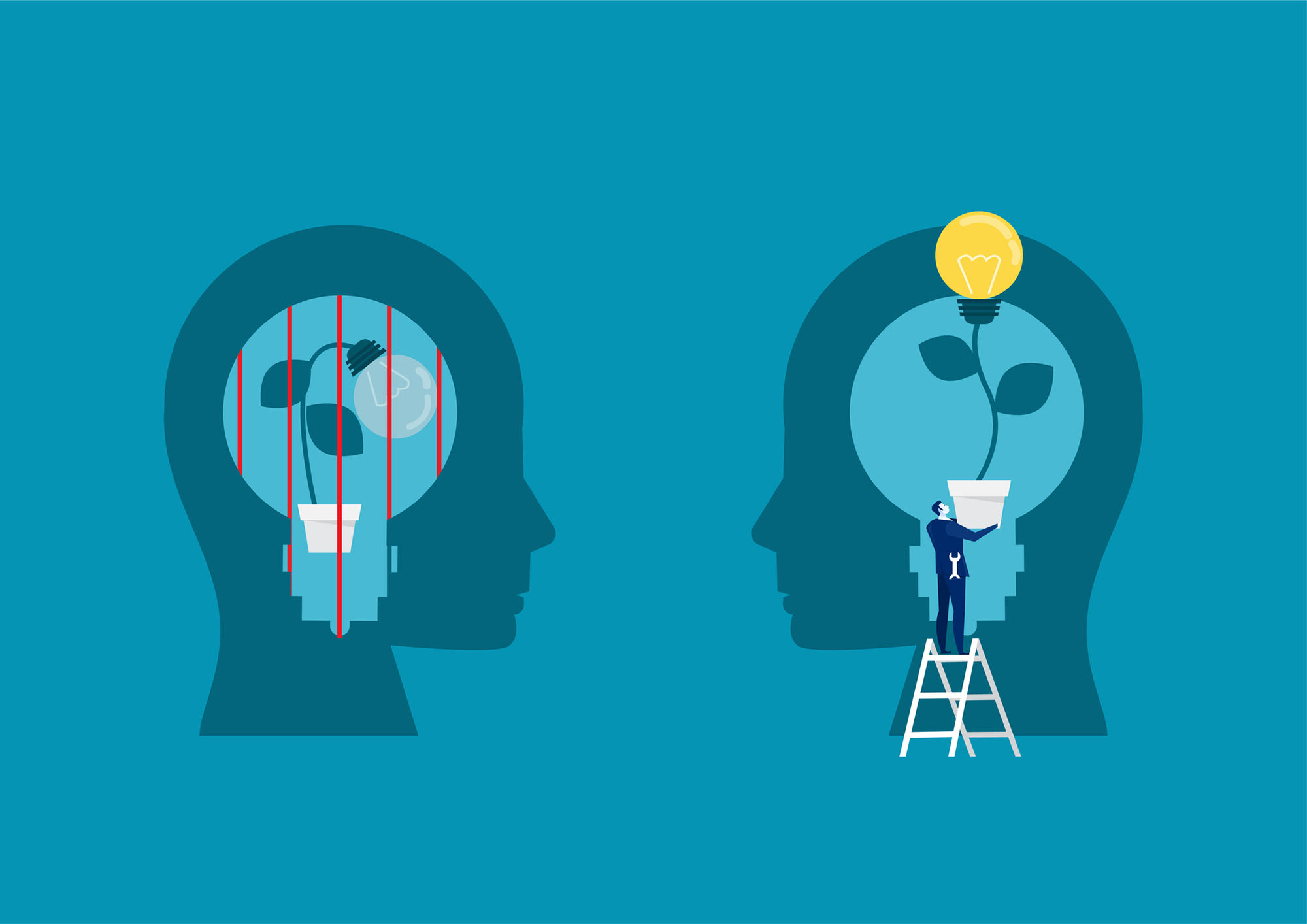
Teaching: Applying a Growth Mindset to Mental Disorders
Although genetic profiling can provide useful information that can enhance personalized treatment plans for individuals, Ahn and Perricone (2023) argue that learning more about one’s genetic risk for mental disorders can have unintended and potentially negative consequences.
-

Teaching: Are Romantic Relationships Actually Good for Mental Health?
Few psychologists realize that a potent risk factor for psychological disorders has been hiding in plain sight: people’s dissatisfaction with their current romantic relationship. Teach critical thinking about risk factors and relying on scientific evidence rather than intuition.

